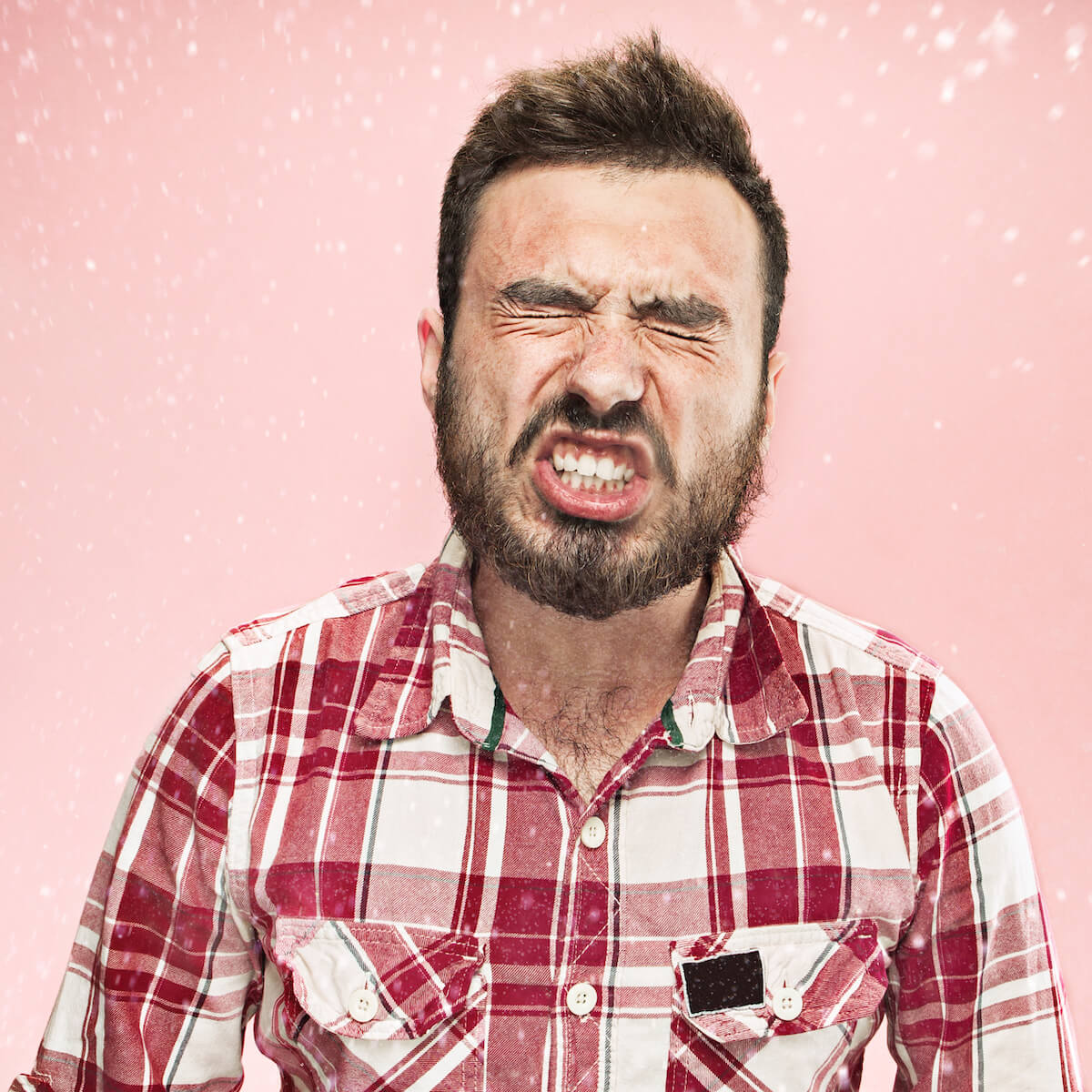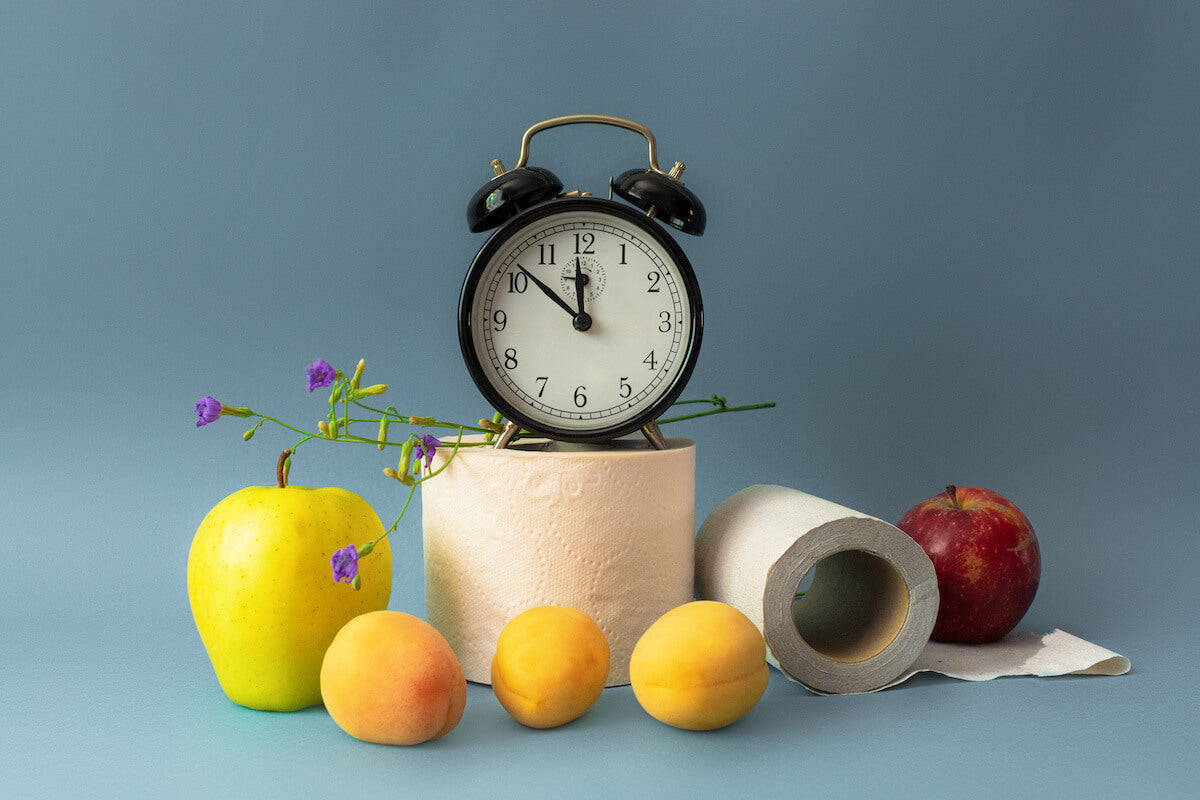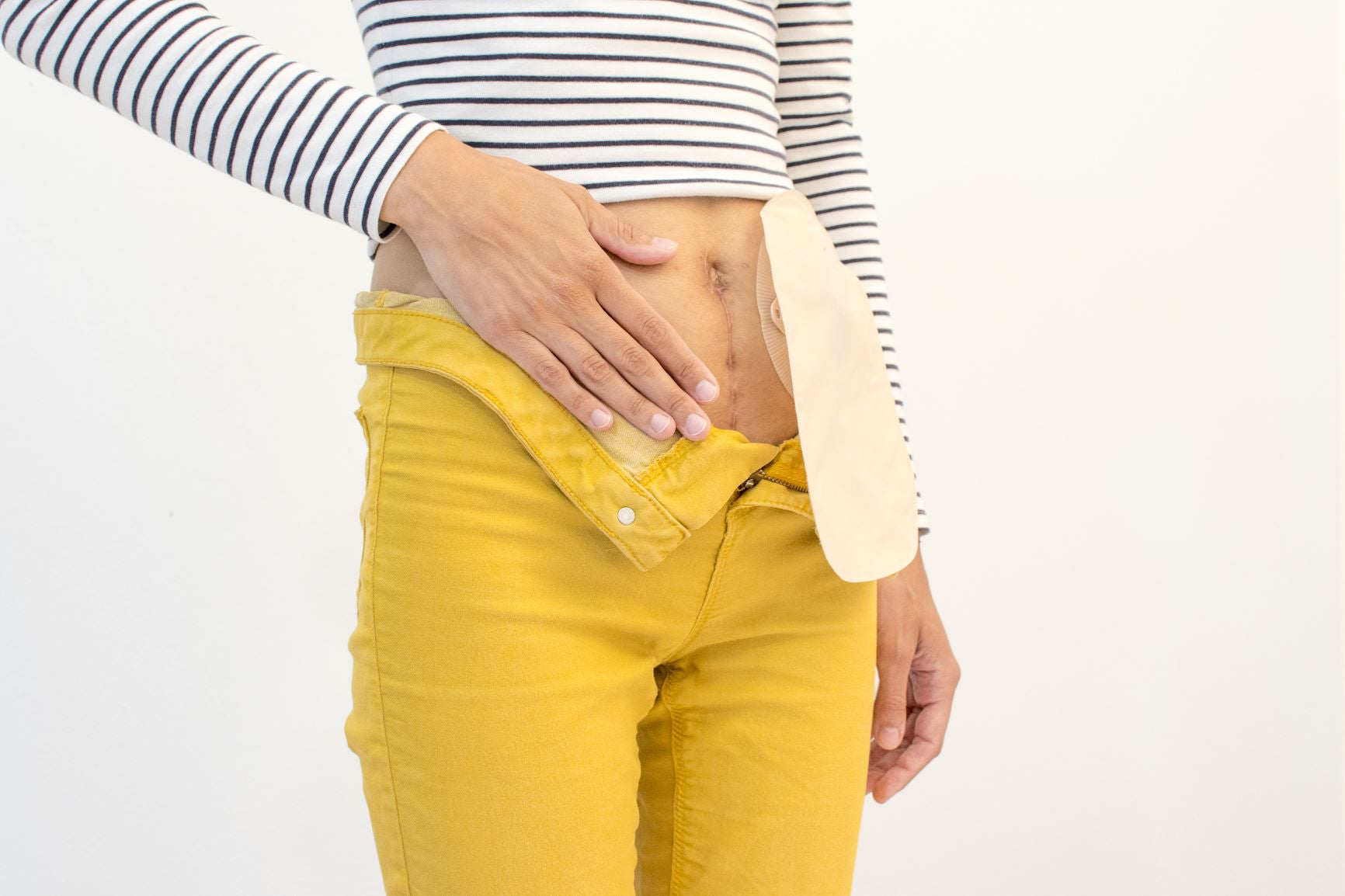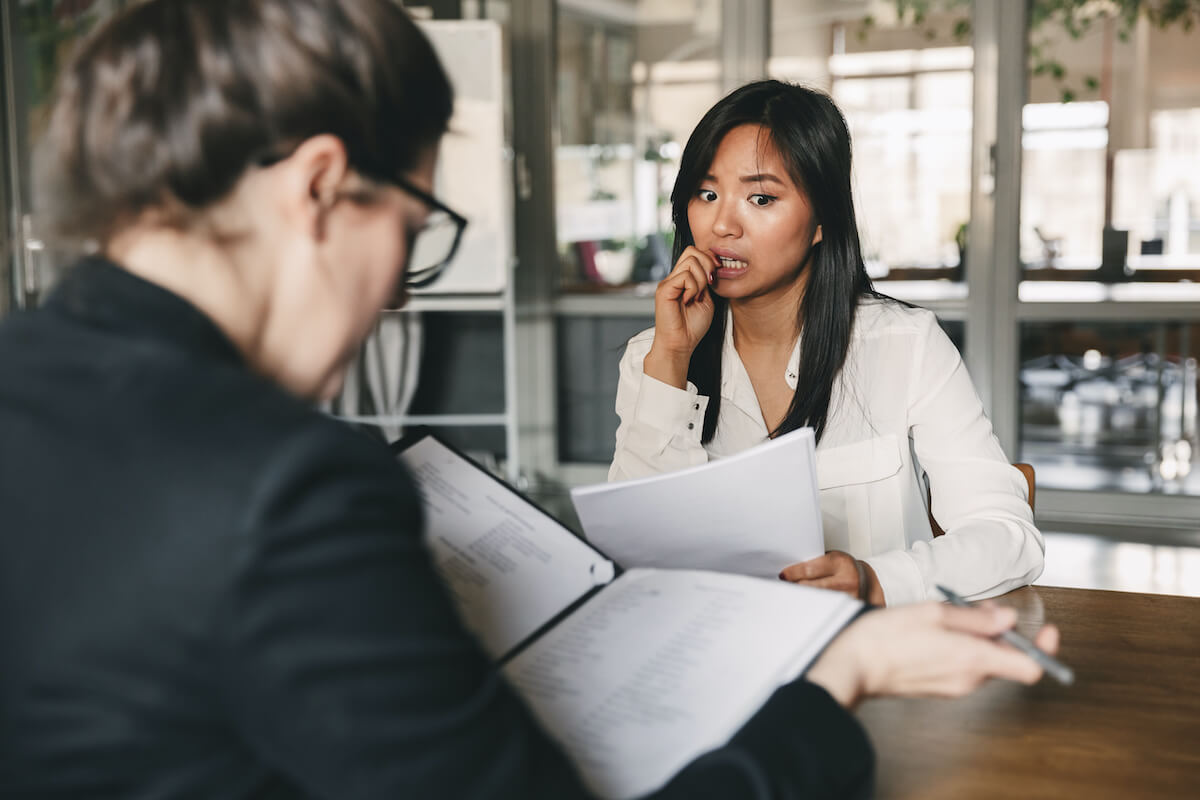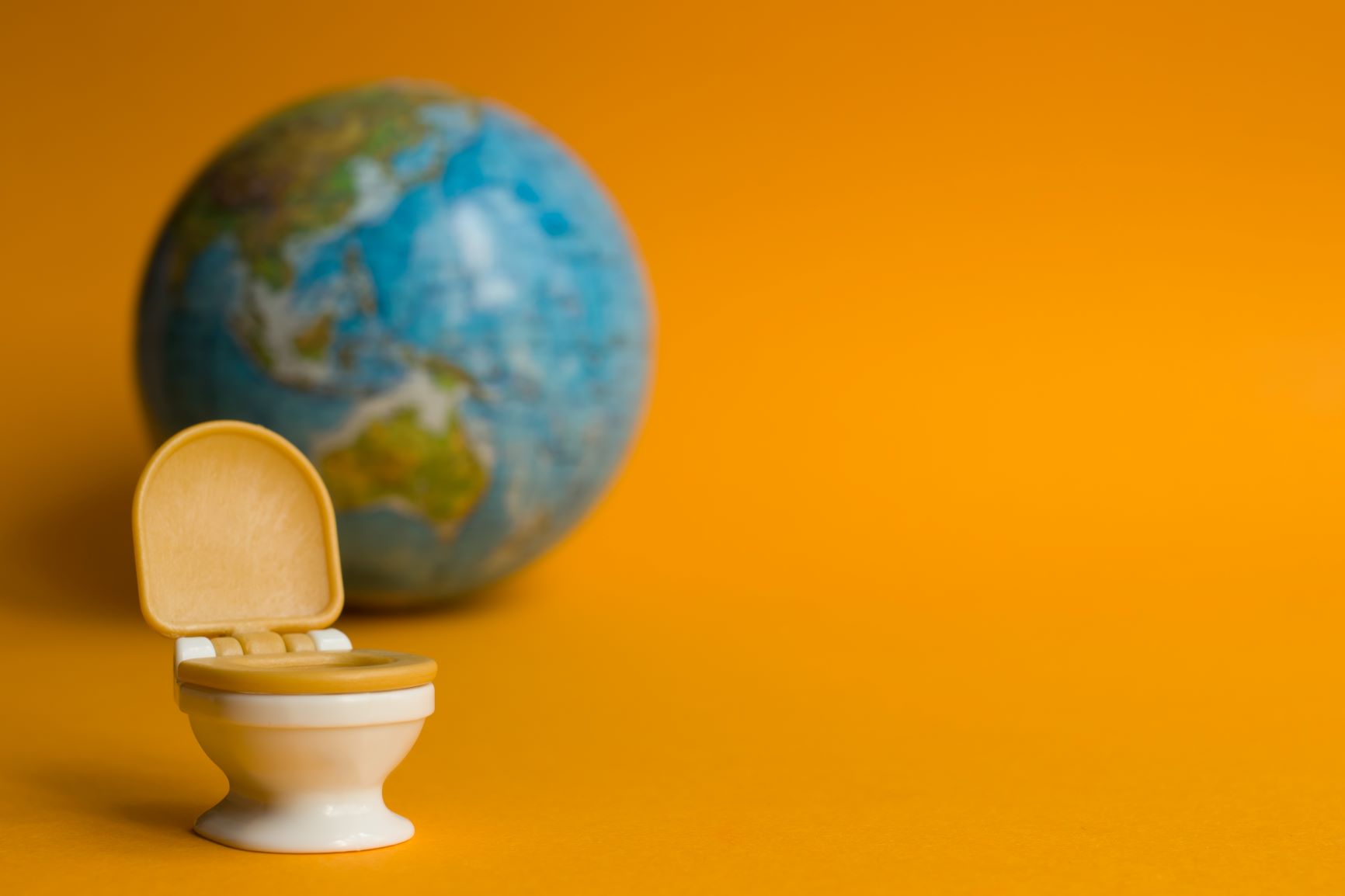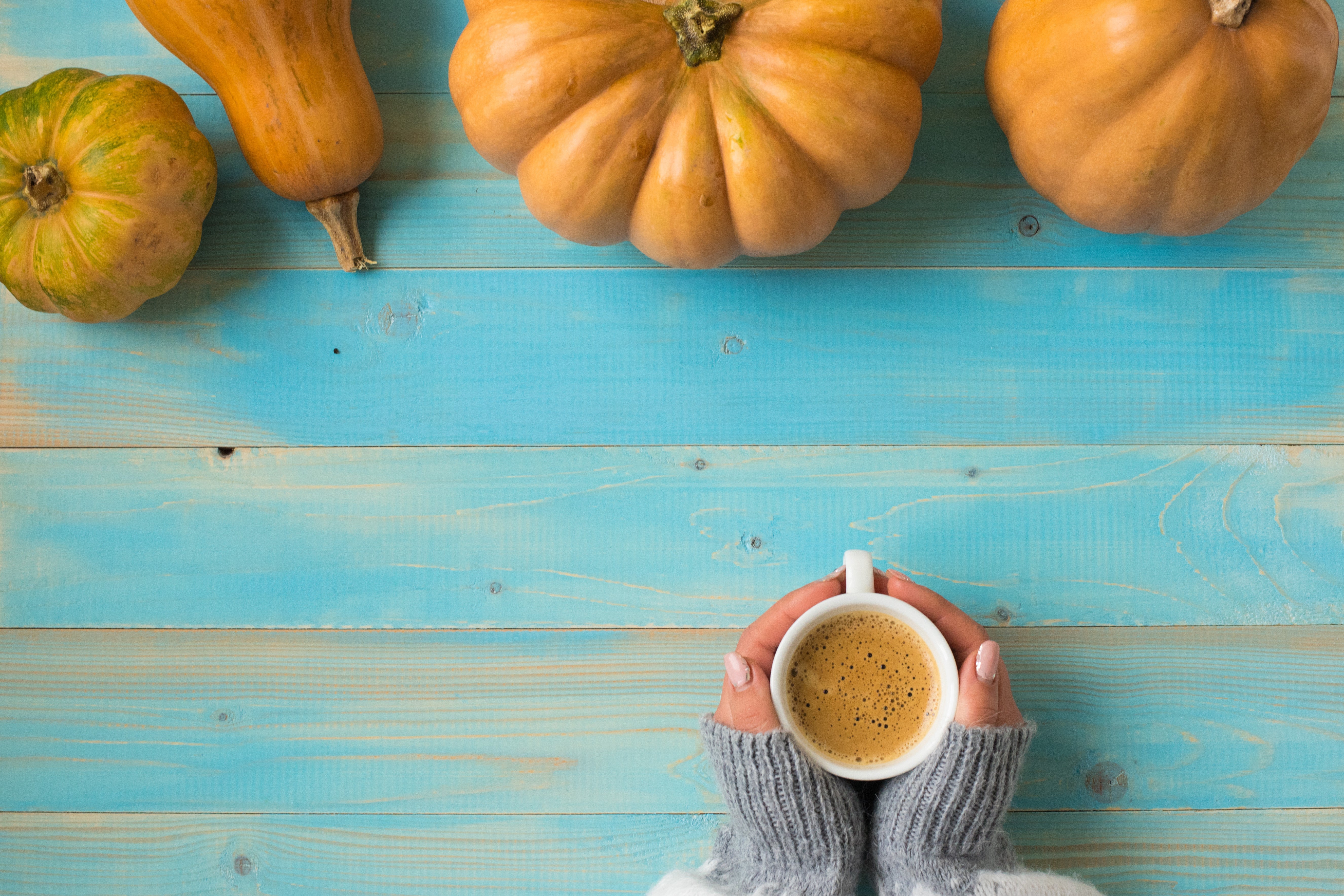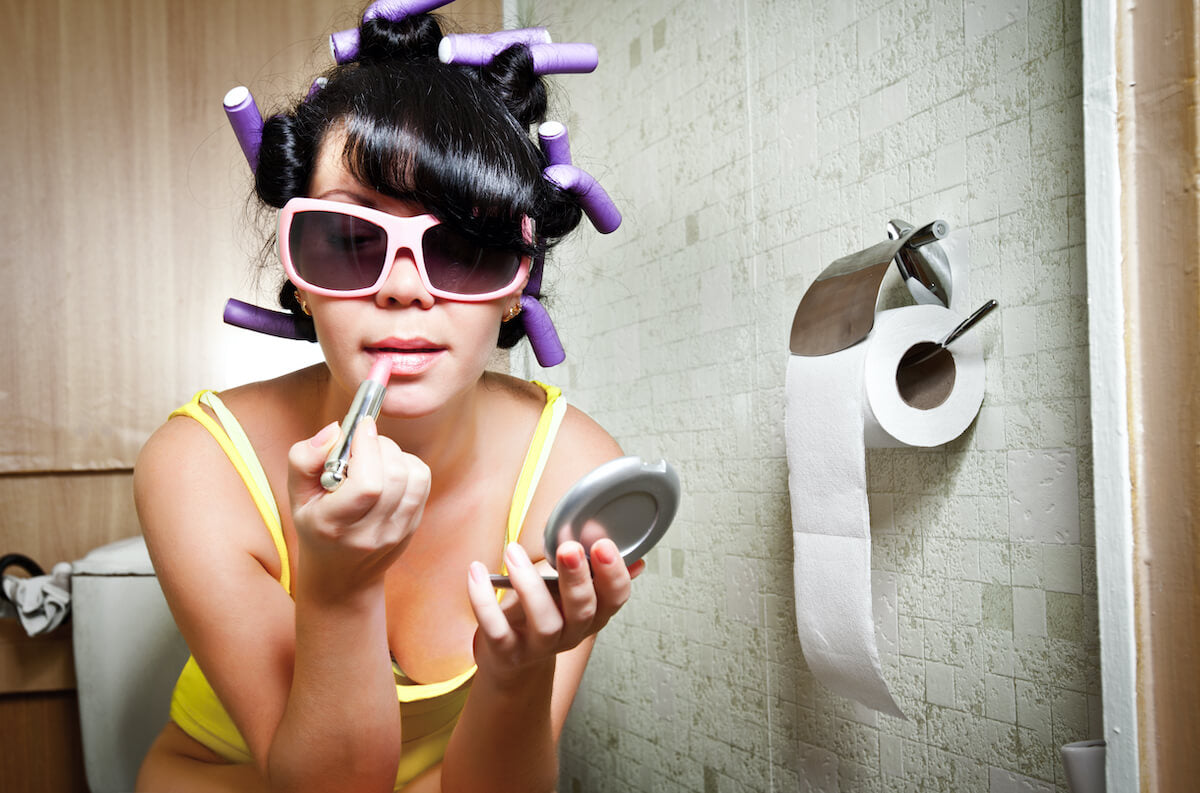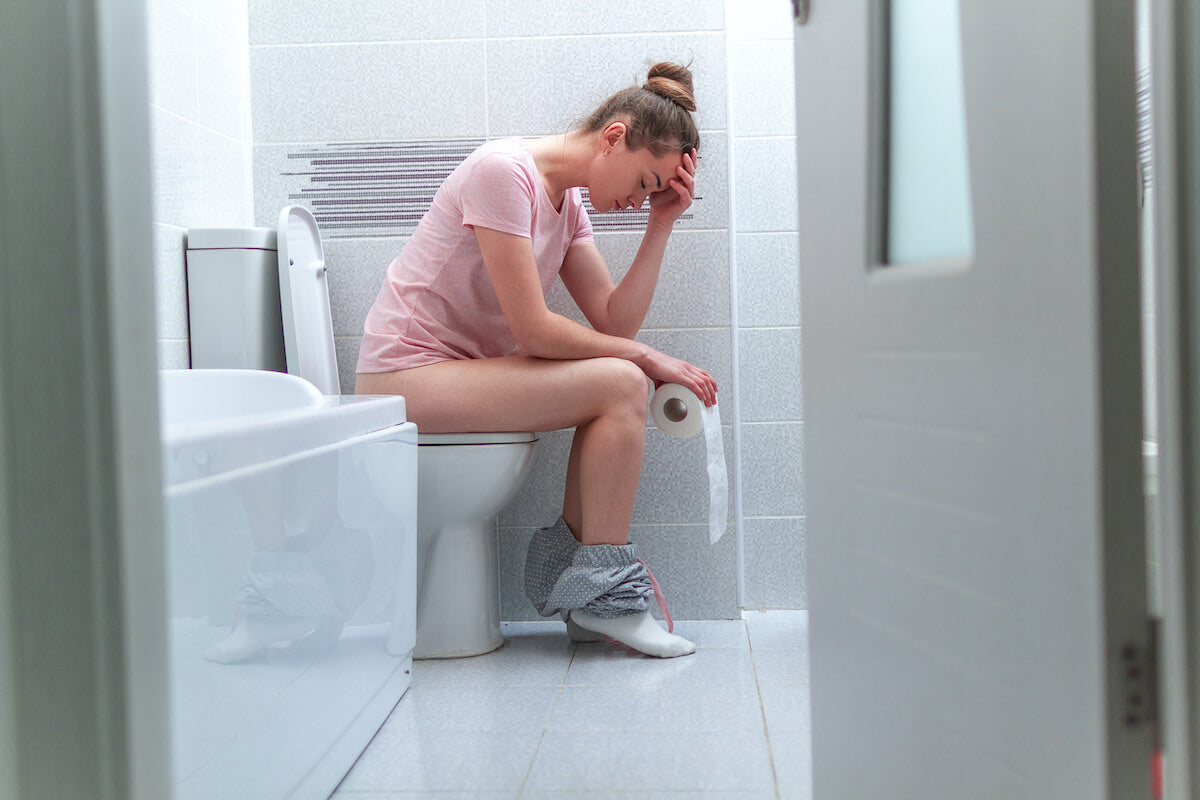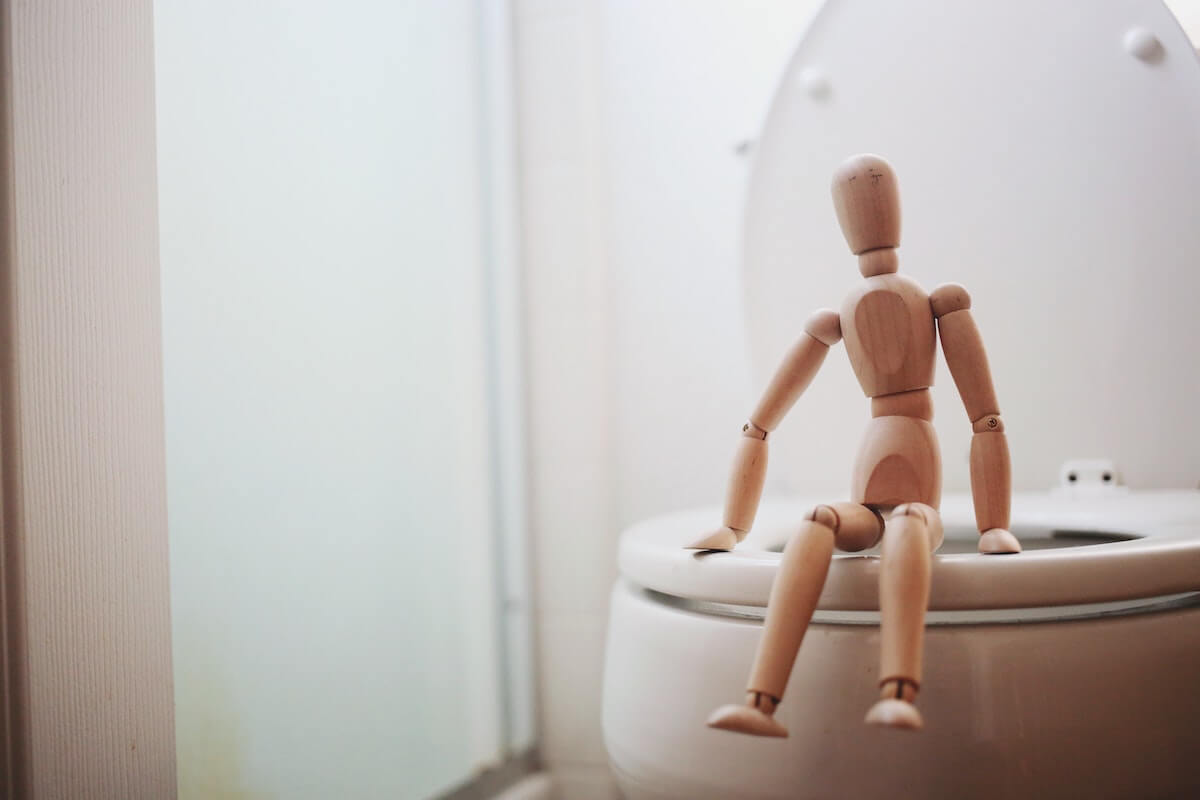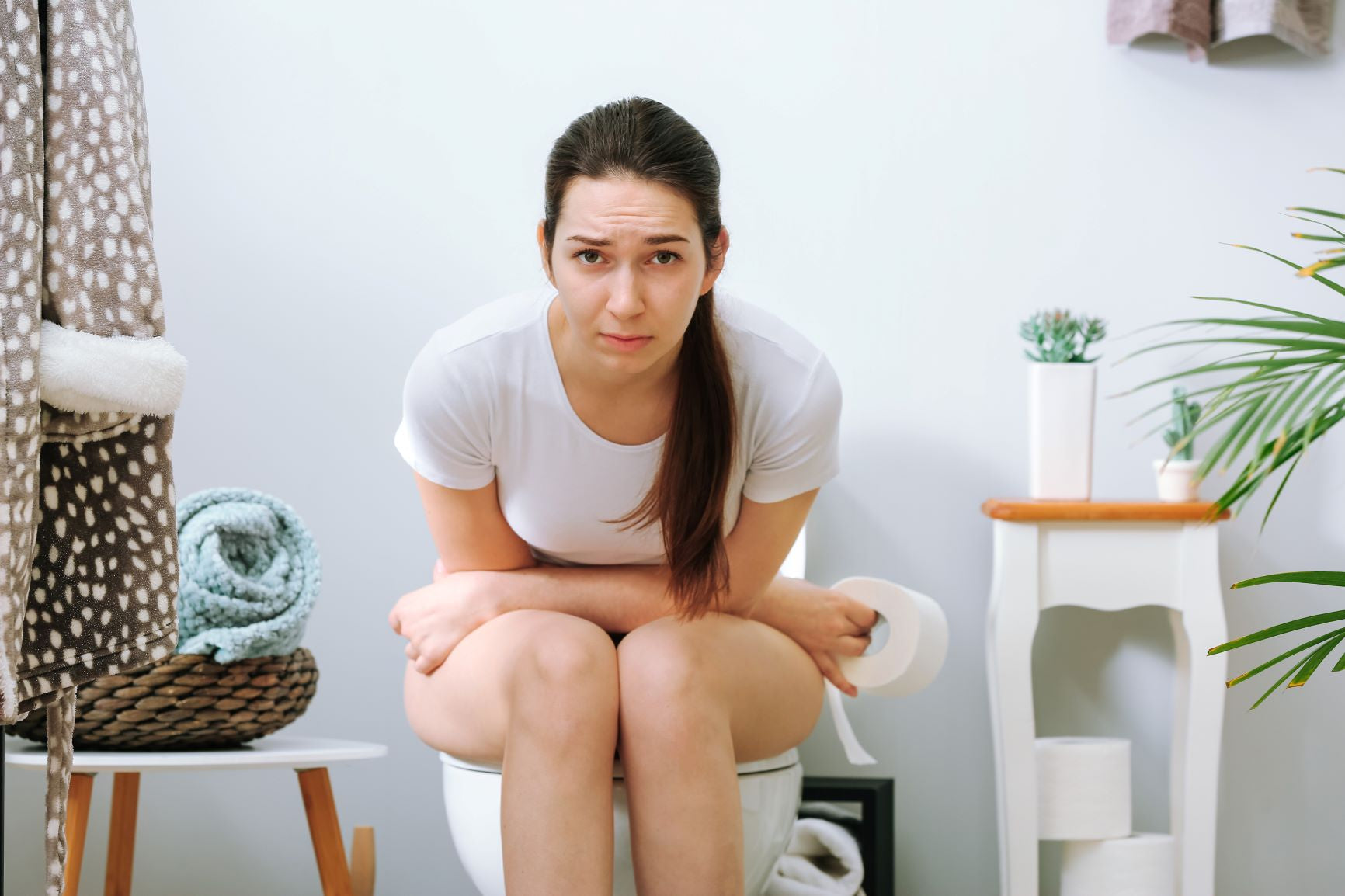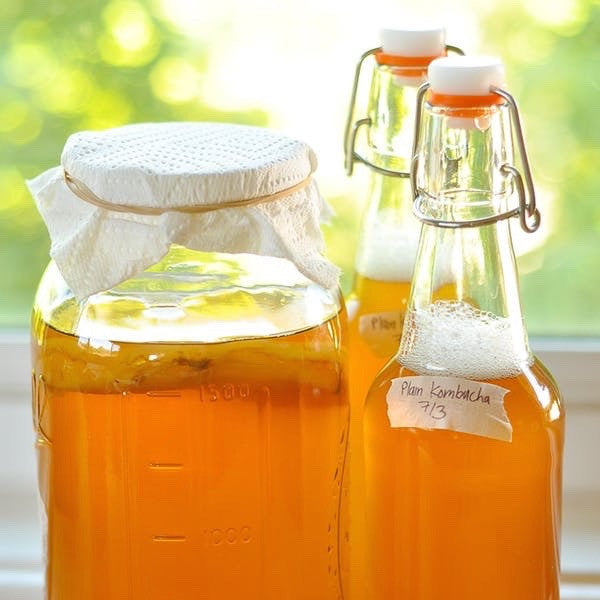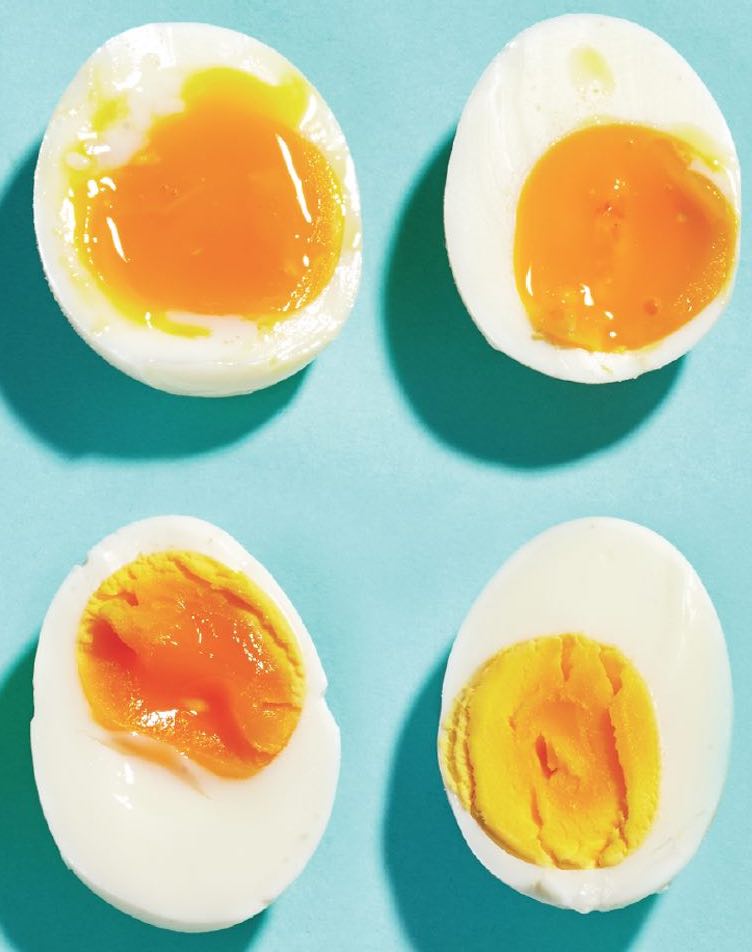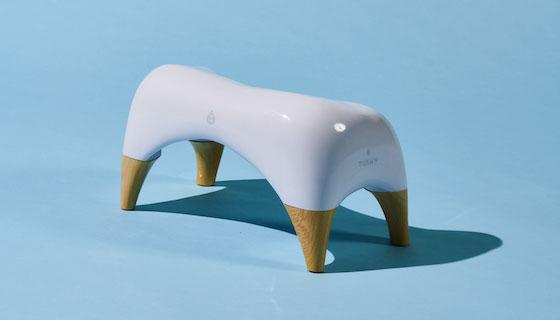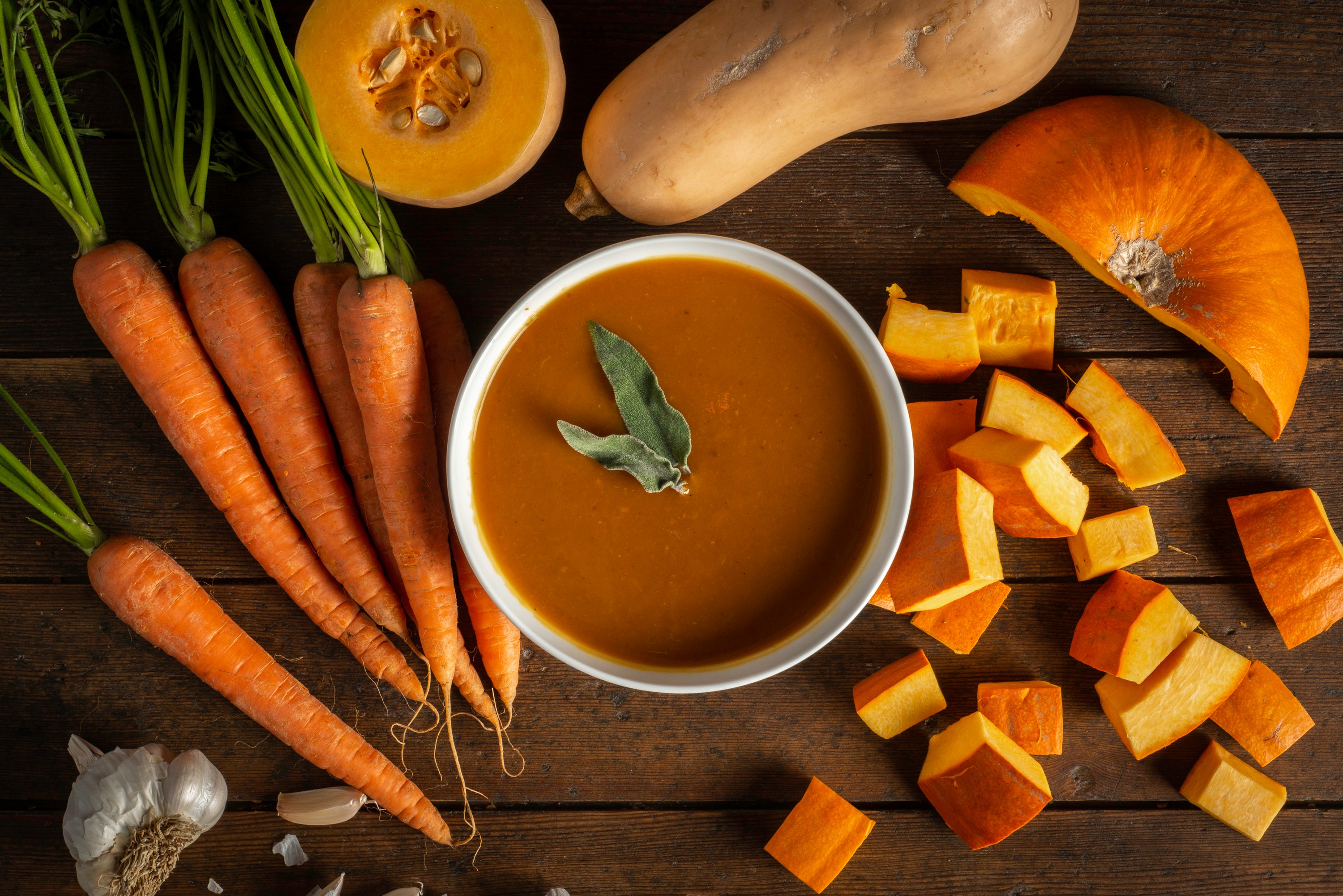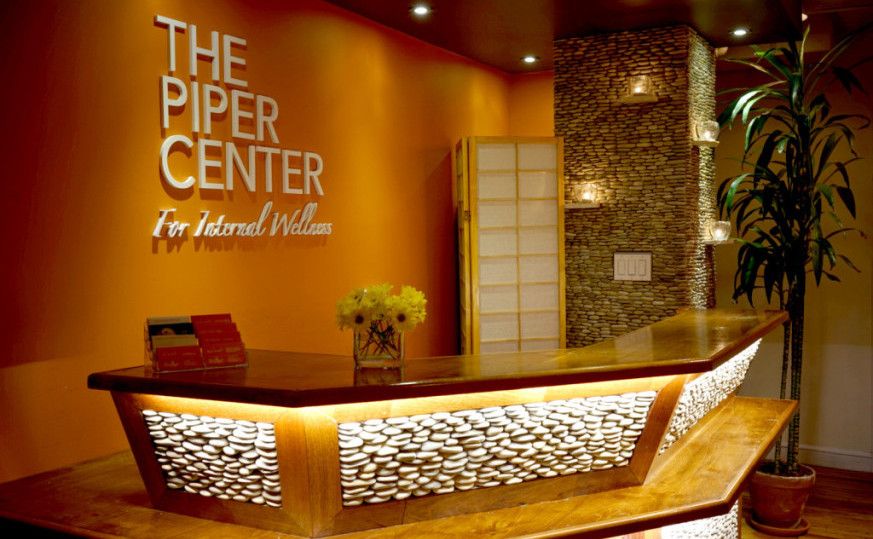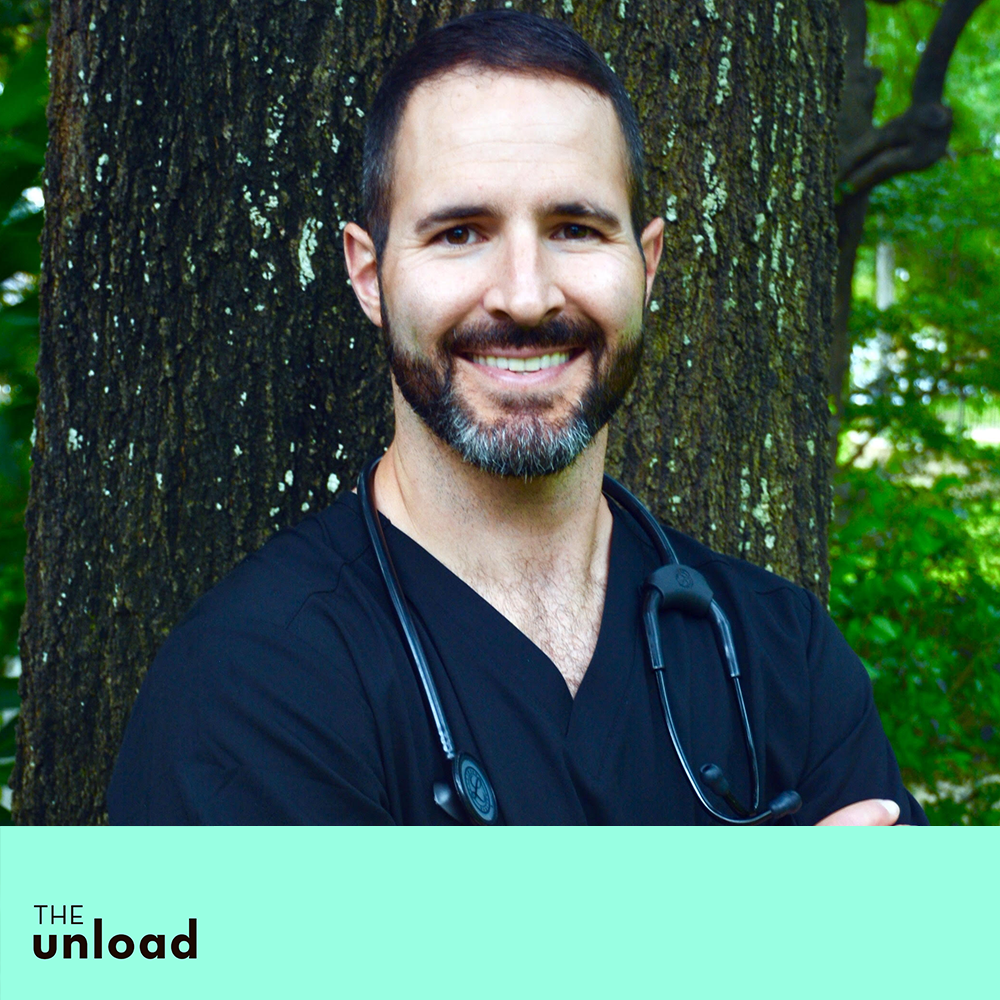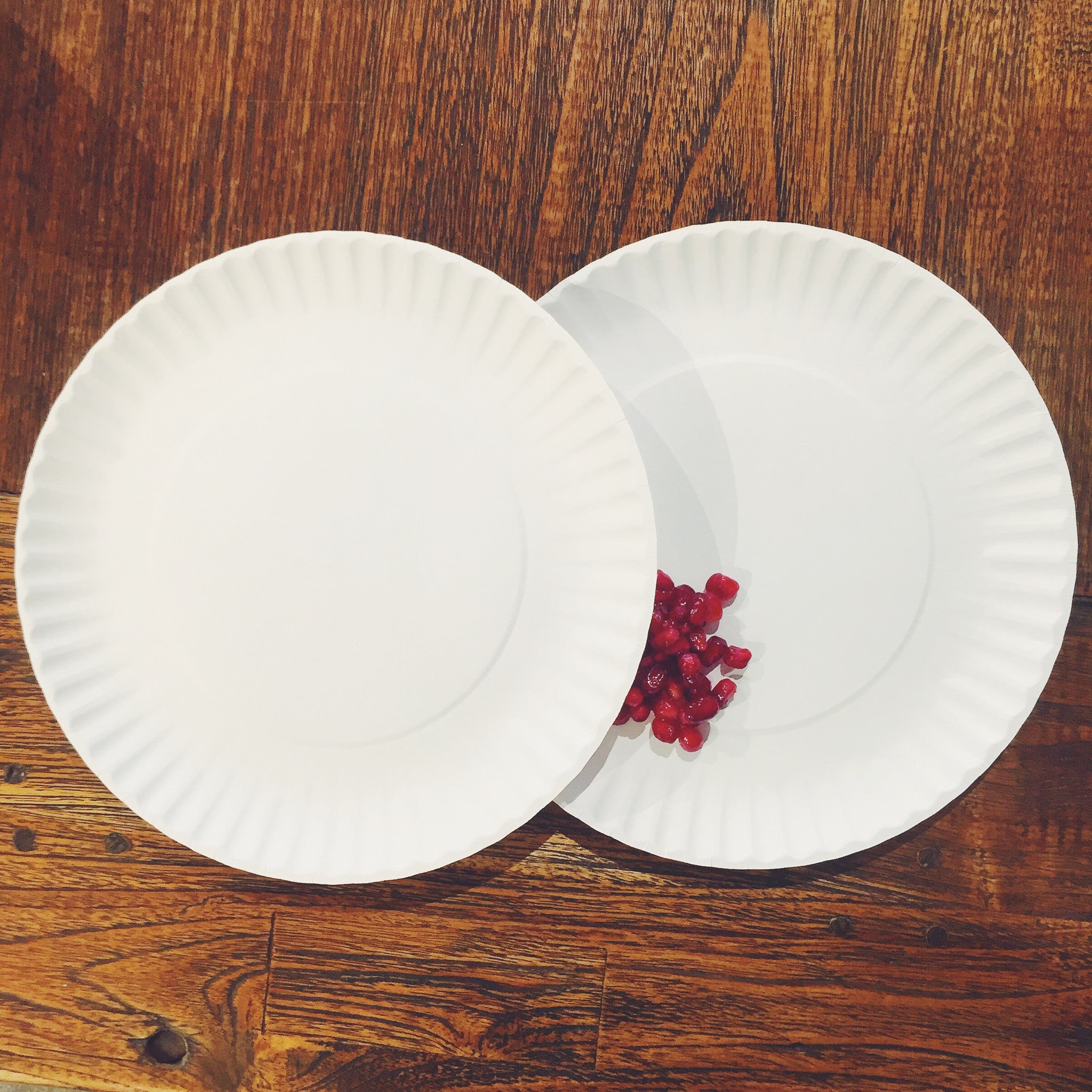Scene: On the toilet. Status: Fighting for your life. If you’ve ever death-gripped your own bathroom wall and pleaded to a higher power to cast out the Satan turd within, you’re in the right place.
The top causes of painful bowel movements (hemorrhoids, anal fissures, Irritable Bowel Syndrome, ulcerative colitis) affect about one percent of Americans each year. So if the average American poops once a day, that means over 1.2 BILLION poops are tearing up our asses. Unacceptable!
We’ll help you learn why it hurts to poop and how to prevent that booty pain from coming back.
11 Reasons Why It Hurts to Poop
There's a lot to unload here but first, a disclaimer: If it hurts to poop while pregnant or you experience persistent bleeding, you should absolutely consult a doctor.
If you're reading this article, it's not likely you are suffering from a chronic disease like Irritable Bowel Syndrome or Crohn's--because you'd already know all about it. Below are some of the most common reasons why it hurts to poop.
1. Constipation
Struggling to pinch a loaf or even a crouton? Constipation is defined as having fewer than three bowel movements a week.
Some symptoms of constipation are:
- Hard, dry, lumpy, difficult to pass poops
- Painful straining when trying to go
- Feeling full, like you’ve just eaten
- Feeling blocked, like not all your poops have passed
- Having to use your hands to remove stool from your rectum
- Gas, cramping, bloating, and a deep pain in your gut
Constipation is common in both kids and adults, affecting 16 percent of Americans’ buttholes every year.
Constipation is usually caused by:
- Dehydration
- Lack of fiber
- Disruption to your routine (e.g. stress, travel)
- Medication like antidepressants and opioids
- *ON RARE OCCASIONS* serious conditions like colon cancer
If you’re worried about a blockage, pay attention to your farts. Farts are a sign that your bowels can still pass poops! Address the short-term discomfort and make lifestyle changes to prevent constipation in the future.
Treatments:
- Drink plenty of fluids and reduce alcohol intake
- Limit highly processed, low-fiber foods
- Move your body and massage your belly
- Get plenty of sleep
- Try a stool softener, laxative, or saltwater flush for extreme cases
2. Hemorrhoids
Hemorrhoids are inflamed, swollen veins that can make defecating painful and/or bloody.
Some symptoms of hemorrhoids are:
- Bright red blood when you wipe
- Having an itchy butthole
- Feeling you like you still need to go after pooping
- Mucus in your undies or on toilet paper after wiping
- Lumps and pain around your butthole
Hemorrhoids can be internal, between your rectum and anus, or external along the outer anus.
Hemorrhoids are usually caused by:
- Straining during bowel movements
- Sitting on the toilet for too long
- Pregnancy
- Obesity
Hemorrhoids are very common with more than 3 million cases per year in the US. They usually resolve on their own within a few days, but can come back whenever strained.
Treatments:
- Consume plenty of fluids and fiber
- Soothe your bottom with a warm bath and/or ice
- Calm swelling by applying witch hazel
- Wipe 3x more gently by using a bidet
- Surgical removal by a medical professional
3. Anal Fissures
Also known as anal ulcers, anal fissures are small tears in the lining of the anus. These open wounds can lead to very painful poops.
Some symptoms of anal fissures are:
- A sharp pain when you poop
- A deep burning sensation after you poop
- Bright blood in your BM or on your toilet paper
Anal fissures are fairly common with about 200,000 cases in the US annually.
Anal fissures are usually caused by:
- Trying to pass large or hard stools
- Anal sex
- Childbirth
- Stretching of the anal canal
When undisturbed, anal fissures will usually heal themselves within four to six weeks.
Treatments:
- Apply petroleum jelly around your butthole
- Take frequent sitz baths for 20 minutes
- Use stool softeners and a bidet for cleanup
- Drink plenty of water and eat a more fibrous diet
4. Irritable Bowel Syndrome
IBS, or Irritable Bowel Syndrome, is the abnormal contraction of the colon.
Some symptoms of IBS are:
- Abdominal pain
- Constipation
- Diarrhea
- Bloating
Although IBS impacts more than 200,000 Americans per year, it is not well understood what its cause is.
IBS is often linked to:
- Food passing through your gut too quickly or too slowly
- Oversensitive nerves in your gut
- Stress
- Family history of IBS
The tricky thing about IBS is that there is no single diet or medicine that treats everyone. Managing this condition requires a lot of patience, personal awareness, and consistency.
Treatments:
- Try a low FODMAP diet
- Keep a food diary to track what triggers your flare ups
- Manage your stress, therapy can calm your gut!
- Try probiotics for a month
- Talk to your doctor about medicine, such as antispasmodic drugs
5. Endometriosis
Abnormal tissue growth outside of the uterus, fallopian tubes, ovaries, or the intestines is known as endometriosis.
Some symptoms of endometriosis are:
- Severe period pain
- Pain in the lower abdomen, lower back, or rectum
- Vaginal pain
- Discomfort during sex
- Pain while pooping
Normally, endometrial tissue grows inside the uterus and is routinely removed during menstruation. Tissue growth on the outside of the uterus, however, is trapped and cannot be removed, which causes irritation and pain.
There is no known cause or prevention of endometriosis. Over 200,000 women in the US every year manage this condition which is treatable by a medical professional.
Treatments:
- Pain relief drugs
- Hormonal treatment that suppresses ovulation and periods
- Surgical removal of the scar tissue
6. Ulcerative Colitis
Colitis ulcerosa, ulcerative colitis, or UC for those who can’t pronounce either (ie. everyone), is inflammation in the lining of the large intestine (colon) and rectum that can lead to ulcers or open sores.
Some symptoms of UC are:
- Rectal bleeding
- Abdominal pain
- Cramps
- Diarrhea
- Other discomforts while defecating
This is a rare condition, with fewer than 200,000 cases in the US every year, and the exact cause is unknown.
Ulcerative colitis can be triggered by:
- Abnormal immune response
- Genetics
- Stress
- Food intolerances
Unfortunately, UC does not yet have a known cure, and while it can be treatable, it is a chronic disease that will last for life.
Treatments:
- Anti-inflammatory, anti-diarrheal, antispasmodic medications
- Supplements and pain relievers
- Surgery (proctocolectomy)
7. Colon cancer
This is usually where everyone’s mind goes when dealing with brutal poops (thanks WebMD). And while painful bowel movements are usually a symptom of something less serious than colon cancer, it’s worth being cautious.
People born between 1981-1996 are twice as likely to develop colorectal cancer compared to people born in 1950.
Some symptoms of colon cancer are:
- Abdominal pain
- Unusual weight loss
- Bloody stool
- Constipation
- Narrow stools
More younger people than ever before are at risk of developing colorectal cancer. It’s the number 1 cause of cancer death for men under 50, and the number 2 cause of death for women in the same age group.
Colon cancer risk factors:
- Low-fiber, high-fat diets
- Excessive alcohol consumption
- Tobacco use
- Obesity
If you feel that something isn’t right when you poop, contact your doctor.
Treatments:
- Colonoscopy (for diagnosis and biopsy)
- Surgery
- Radiation therapy
- Medicines such as chemotherapy
8. HPV
HPV or Human Papillomavirus is the most common Sexually Transmitted Infection (STI) in America. It can cause genital warts, anal warts, and anal cancer.
Some symptoms of HPV are:
- Small white or flesh-colored growths around the genitals/anus
- Itching, bleeding, or mucus discharge from the anus
- Accidental bowel leakage
- Swelling of the lymph nodes in the groin area
HPV is extremely common, and most people don’t experience any symptoms which is why sexual health screenings are so important.
HPV is usually caused by:
- Skin-to-skin contact through vaginal, anal, or oral sex with someone who has the virus
Infection can also occur without sexual interaction. Any direct contact with infected skin or bodily fluid can transmit HPV.
There is no treatment for the virus itself, but there are treatments for the health problems caused by HPV, such as:
- Antiviral medications
- Topical creams
- Surgery
9. Skin Conditions
Suffer from psoriasis, eczema, or warts? These conditions can also affect the skin around your anus, resulting in painful plops.
Some symptoms are:
- Pain before, while, after you poop
- Itching and bleeding around the anus
If your discomfort persists for more than a couple weeks, talk to a doctor about your options.
Treatments:
- Medications
- Topical creams
- Laboratory work (skin sample)
- Using a bidet to gently clean your bum
10. Infections
Any number of infections can cause bleeding, discharge, and pain before, during, and after you poop.
These include:
- Sexually Transmitted Infections (STIs) like chlamydia, herpes, gonorrhea, or syphilis
- An anal abscess (aka fistula/pus pocket) near your anus or rectum
- A fungal infection, such as an anal yeast infection
Talk to a doctor if your symptoms and discomfort don’t clear up on their own.
Treatments can include:
- STI Testing
- Medications
- Topical creams
- Surgery (for a deep abscess)
11. Proctitis and Anusitis
Proctitis refers to inflammation of the mucosal lining of your rectum, whereas anusitis is the inflammation of the anal canal.
Some symptoms are:
- Anal itching and burning
- Rectal bleeding
- Pelvic pressure
- Rank-smelling discharge
- Loose stools or diarrhea
- Constipation
- Swollen lymph nodes in the groin
Both proctitis and anusitis have various causes, ranging from lifestyle choices such as diet, stress, and anal play to infections such as STIs. Your doctor may perform a rectal test, stool test, or blood test to check for signs of infection.
Treatments, depending on the cause of inflammation, may rely on a mixture of medicines and long-term changes to diet and lifestyle.
How To Make Pooping Less Painful
So what do you do when it hurts to poop? Stay calm and remember that you’re likely experiencing a disruption to your routine.
Guts love consistency––regular sleep, plenty of water, low-processed foods, minimal stress. Any curveball such as switching your depression meds or traveling to a new time zone can disrupt how your body processes food and how YOU pass poop.
When your #2s go nuclear, here’s what you can try.
Instant relief:
- Apply petroleum jelly to irritated skin
- Soak your bottom in warm water/sitz baths
- Take an anti-inflammatory, laxative, or stool softener
- Use a bidet to gently clean your butt and an ottoman to ease constipation
Long-term relief:
- Drink plenty of water
- Eat a diet rich in fibrous foods
- Limit inflammatory foods such as white bread and pastries, sodas and sweet drinks, fried food, red meat and processed meat
- Get plenty of sleep
- Implement a stress-relief practice
When to see a Doctor
If you’re experiencing persistent rectal bleeding, unexplained nausea or vomiting, a fever of 101 degrees or higher, rapid heart rate, or fainting, seek immediate medical attention.
If you’re tired of the discomfort, straining, and bloating, talk to a doctor to identify lifestyle changes that could dramatically improve your quality of life. Simple changes can turn poo time back into you time!
Painful Bowel Movements FAQ
When it hurts to poop, the people have questions! Here are the most common answers to your booty discomfort. But remember, we’re not doctors! If something in your body just doesn’t feel right, speak to a medical professional.
My poop is too big to come out and hurts
Constipation is one of the more common causes of a painful bowel movement and can feel too big or too painful to push out. Consider using stool softeners, eating fiber, and drinking more liquids.
Why does it hurt to poop on my period?
Constipation is common during menstruation likely because of the sudden change in hormones estrogen and progesterone. It could also be a sign of endometriosis, or something much more serious. If pain is intense and persists, consult a physician.
Why am I having painful bowel movements with blood?
Hemorrhoids, anal fissures, and ulcerative colitis could all produce painful bowel movements with blood. If other symptoms accompany the painful and bloody bowel movements, contact a doctor. Otherwise, the issue could be treated or go away naturally.
Why does it hurt to poop while pregnant?
Hemorrhoids are very common during pregnancy and the likely cause of painful poops while pregnant.






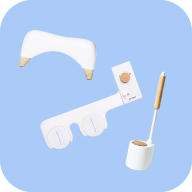

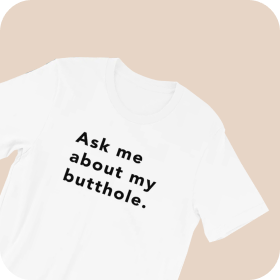

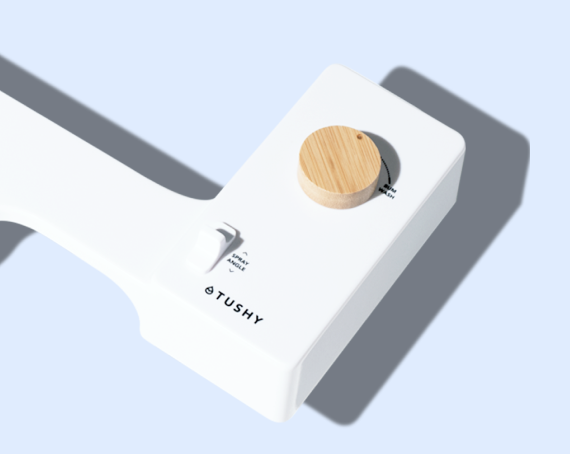
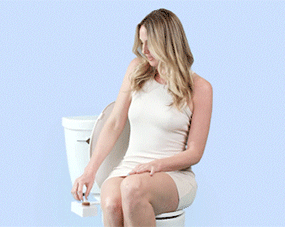
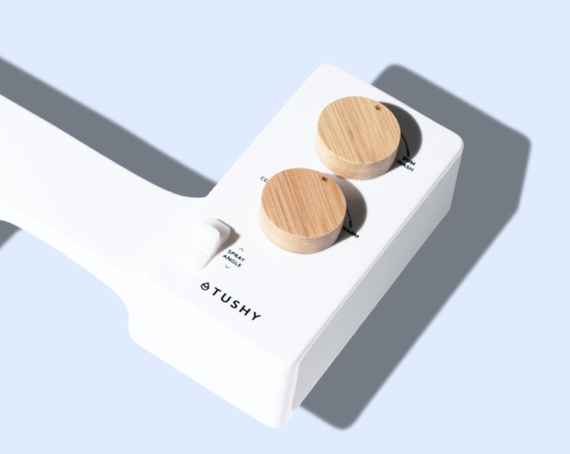
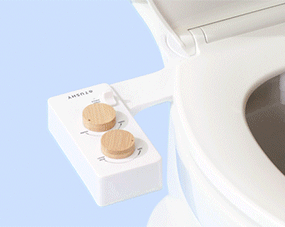
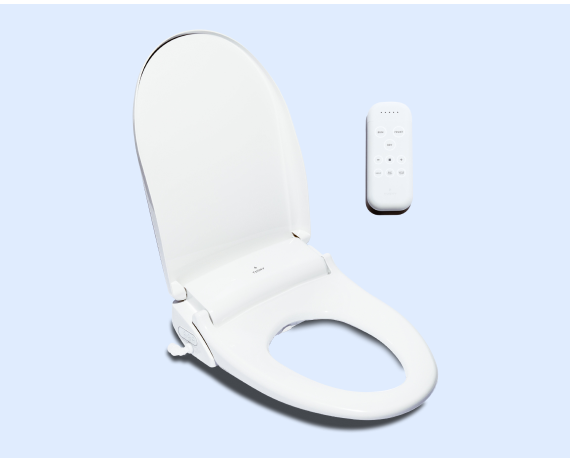
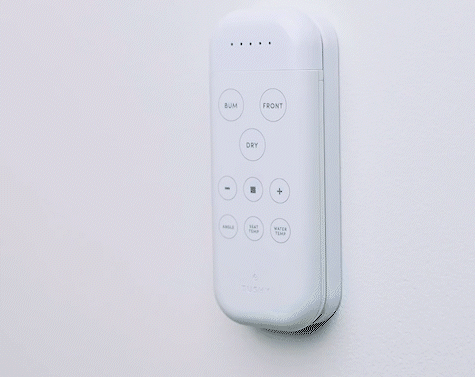
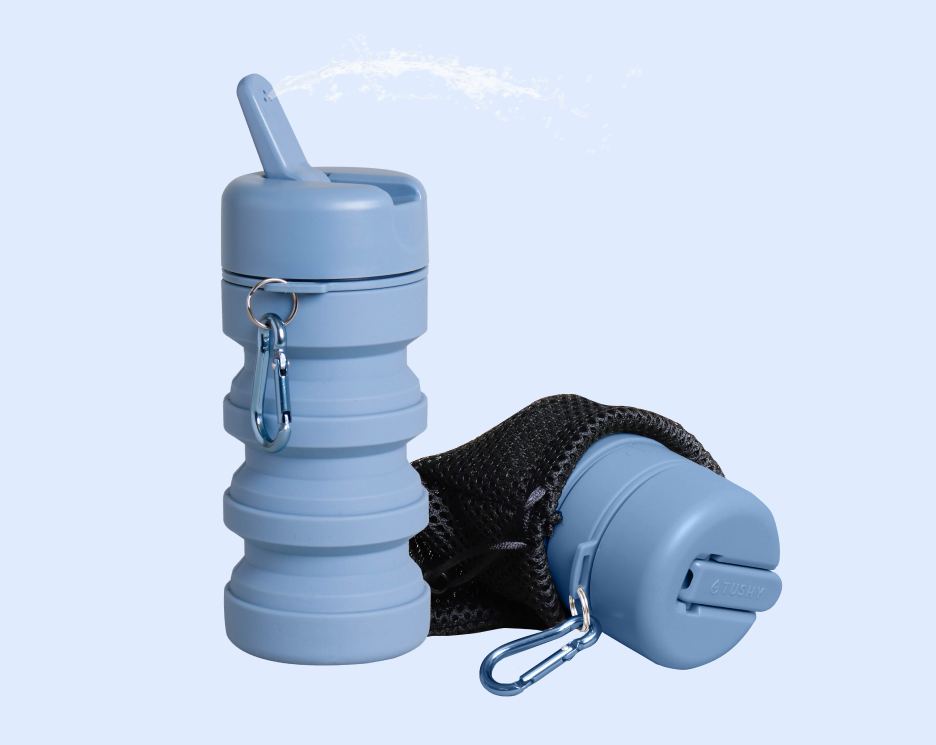
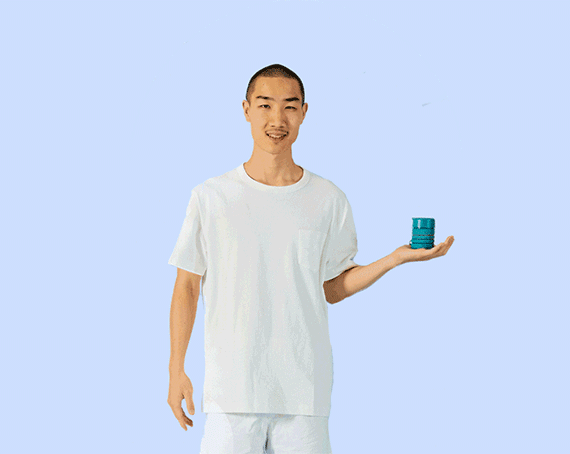




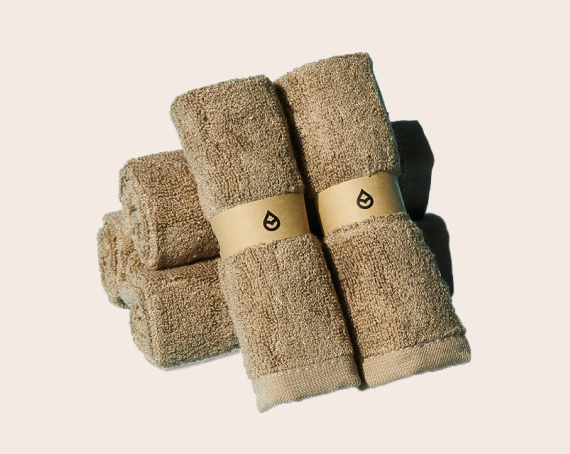
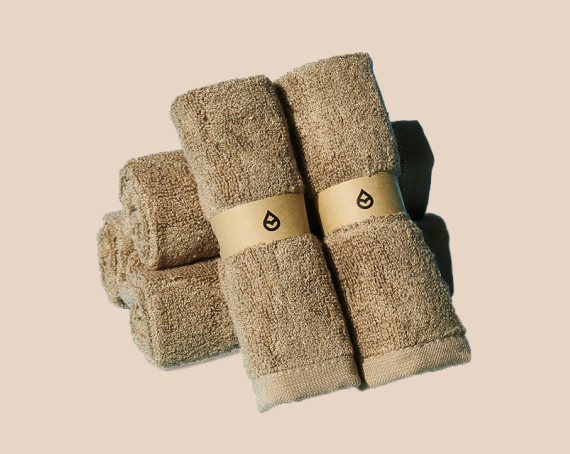
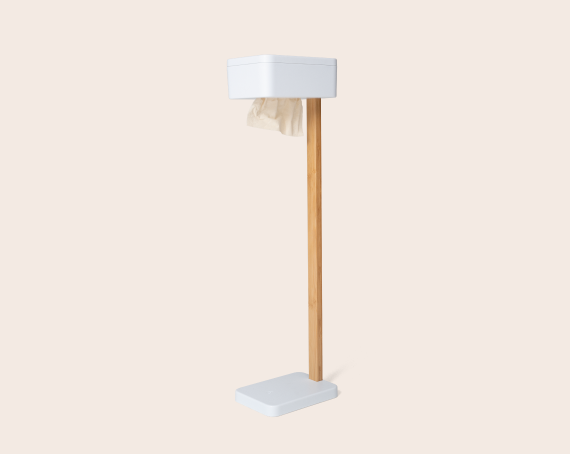
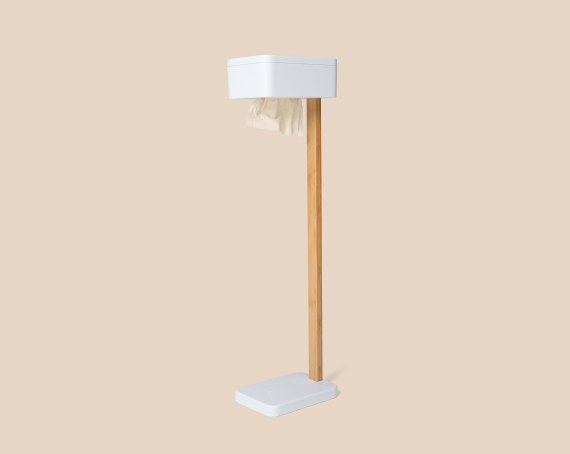
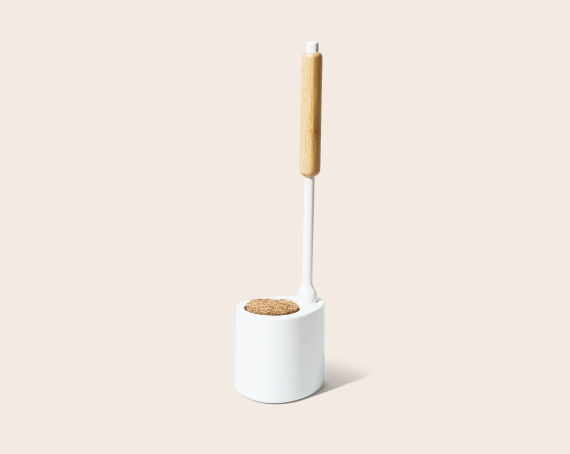
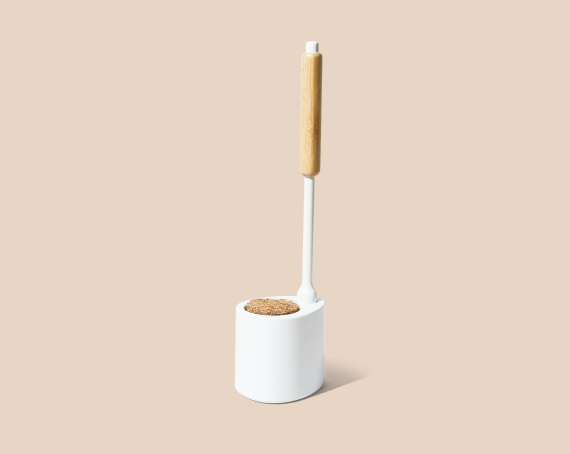
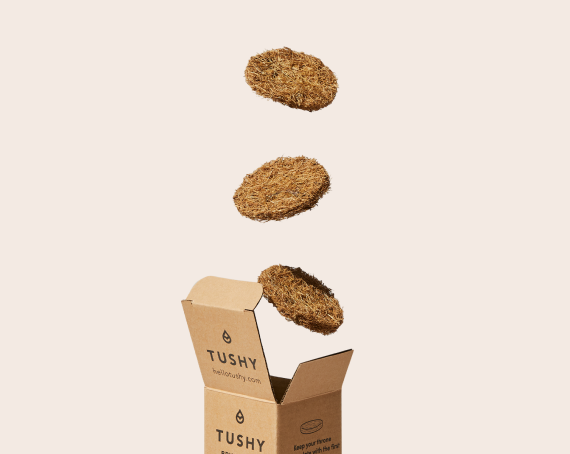
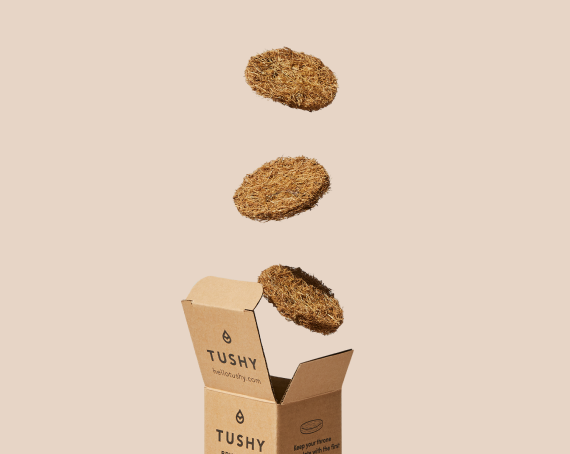
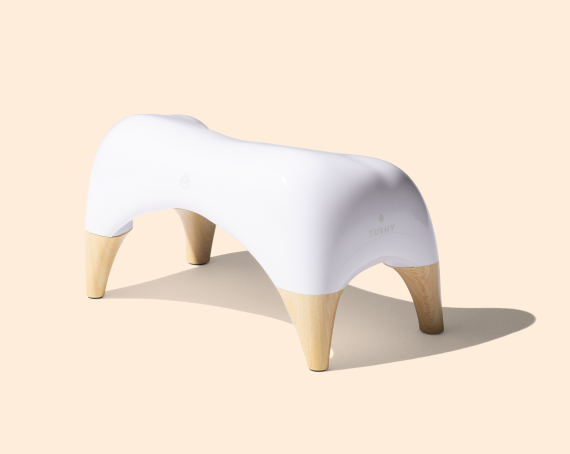
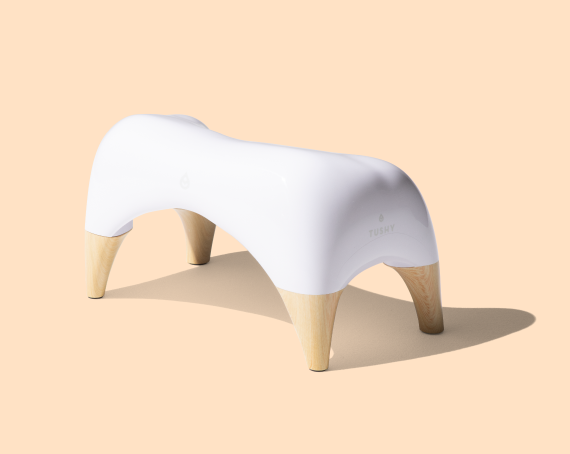
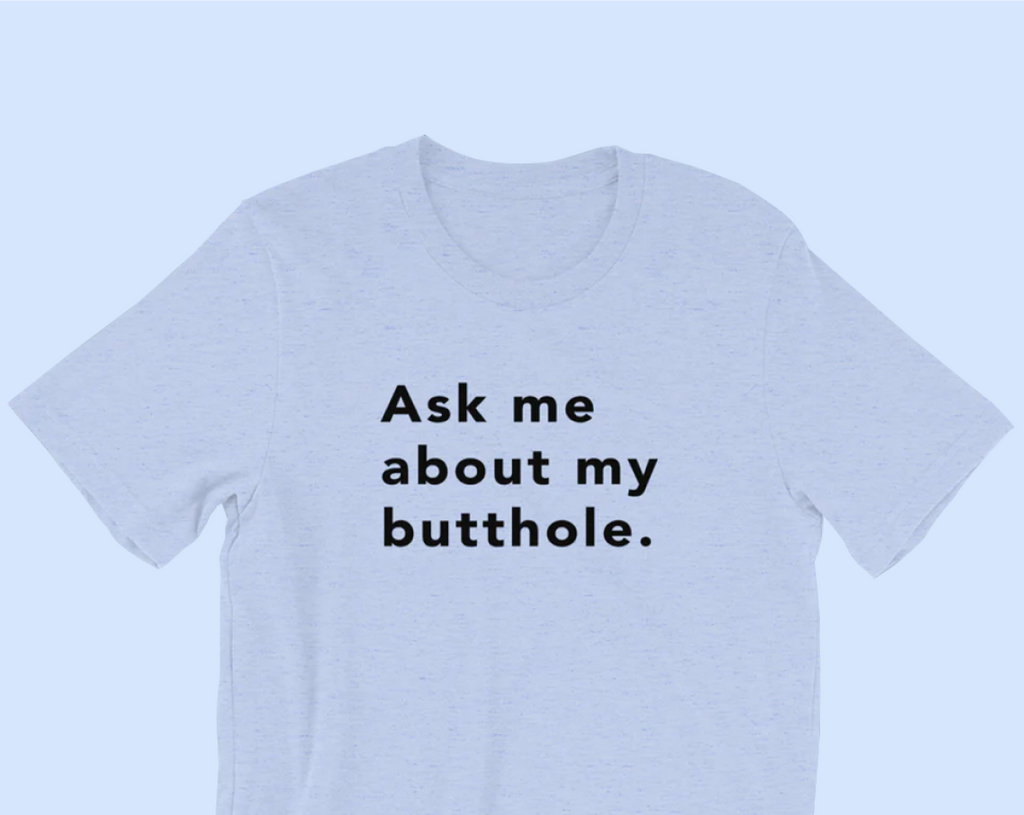

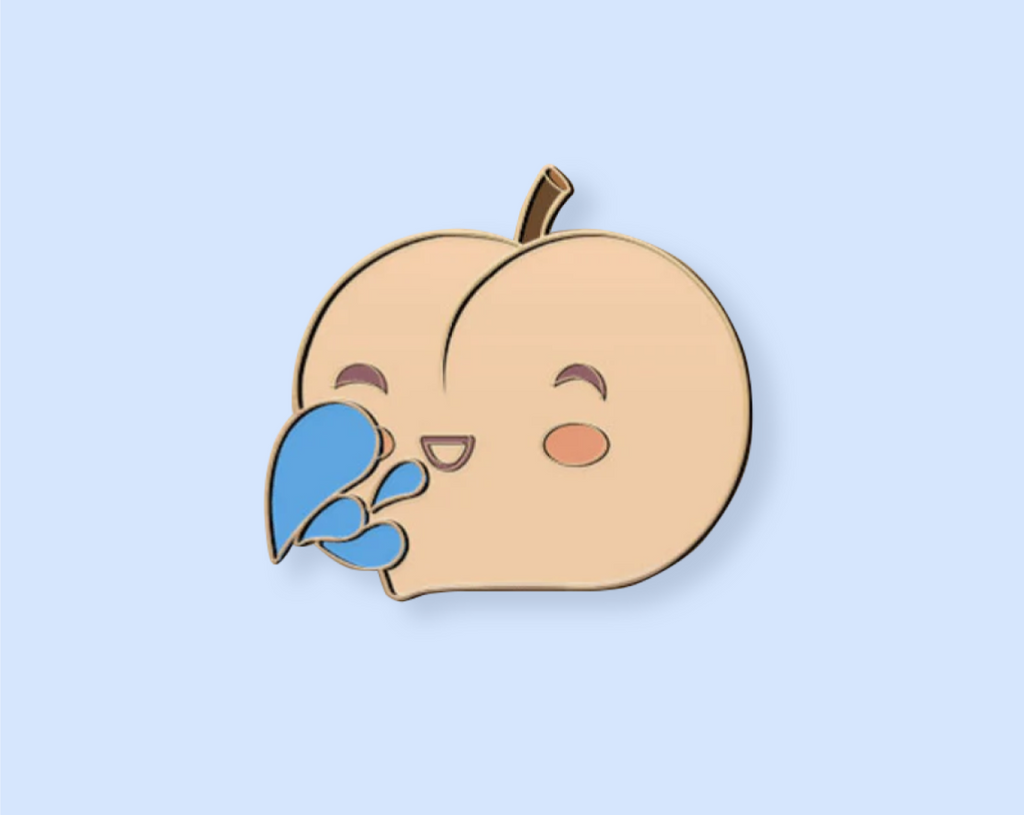

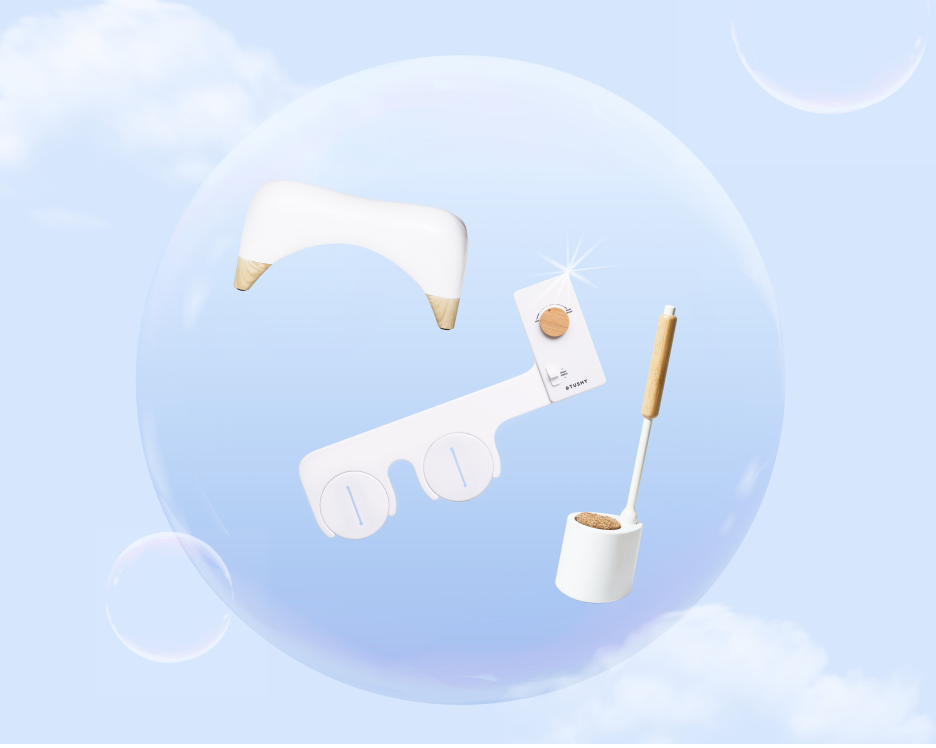
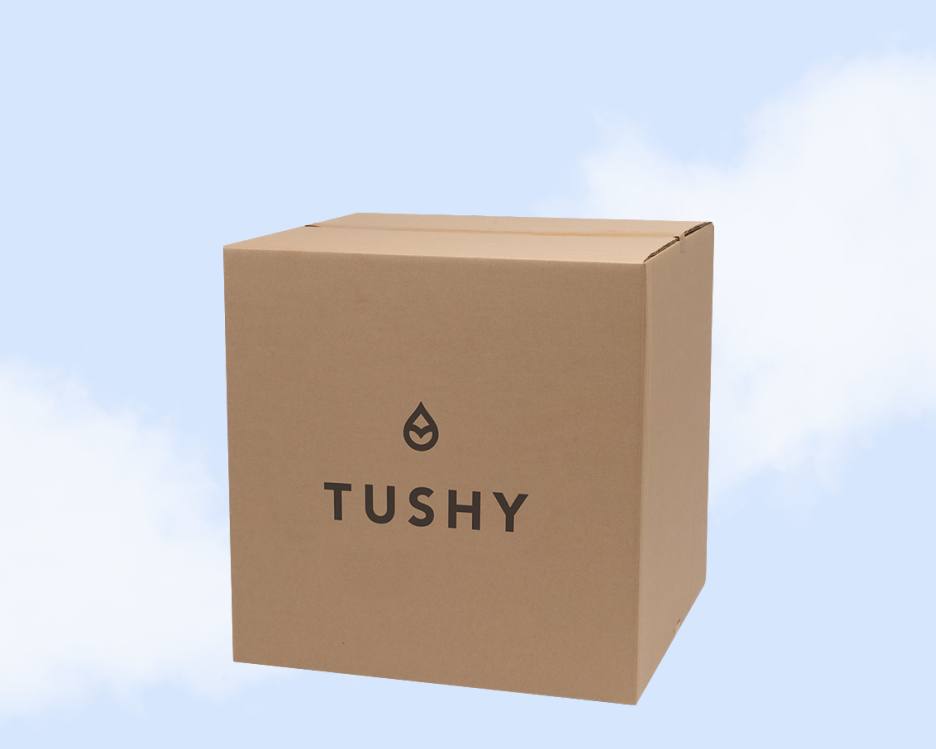
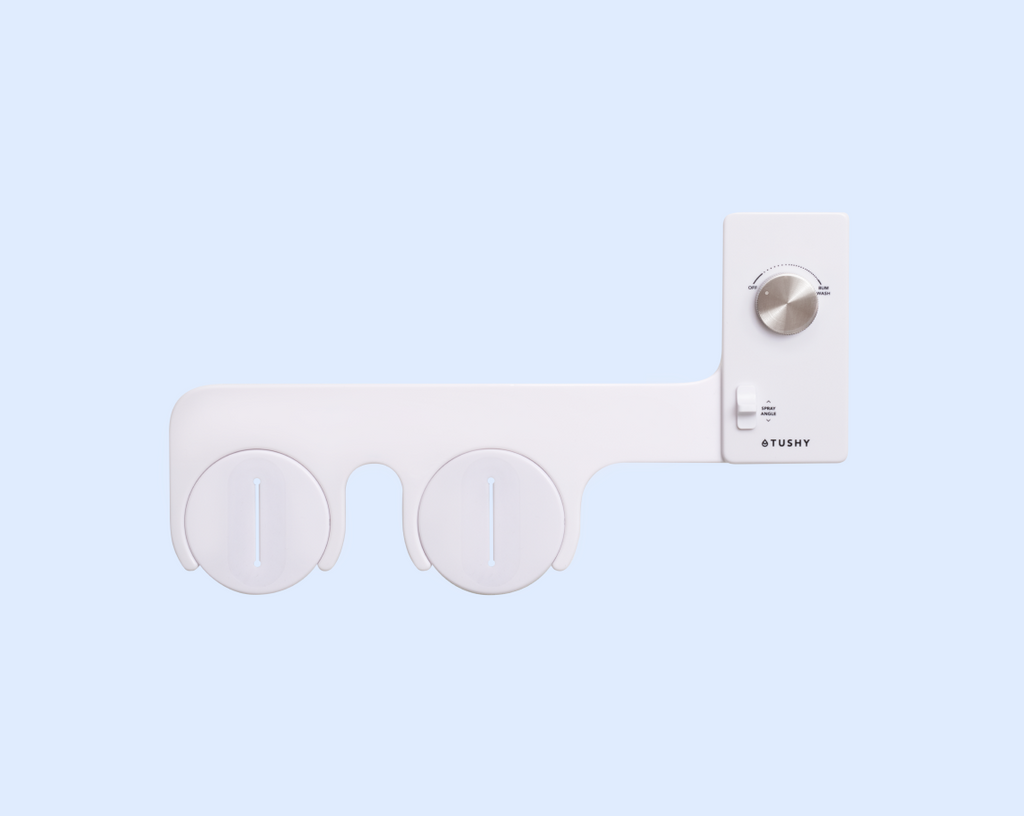

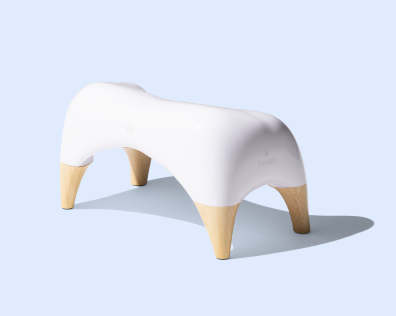
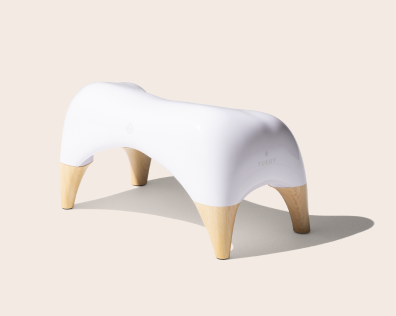

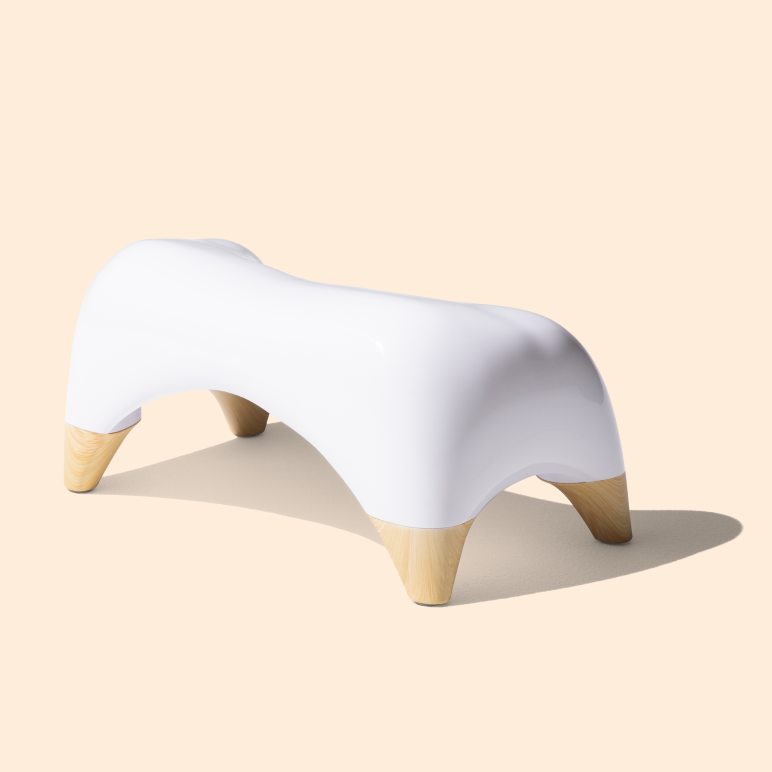







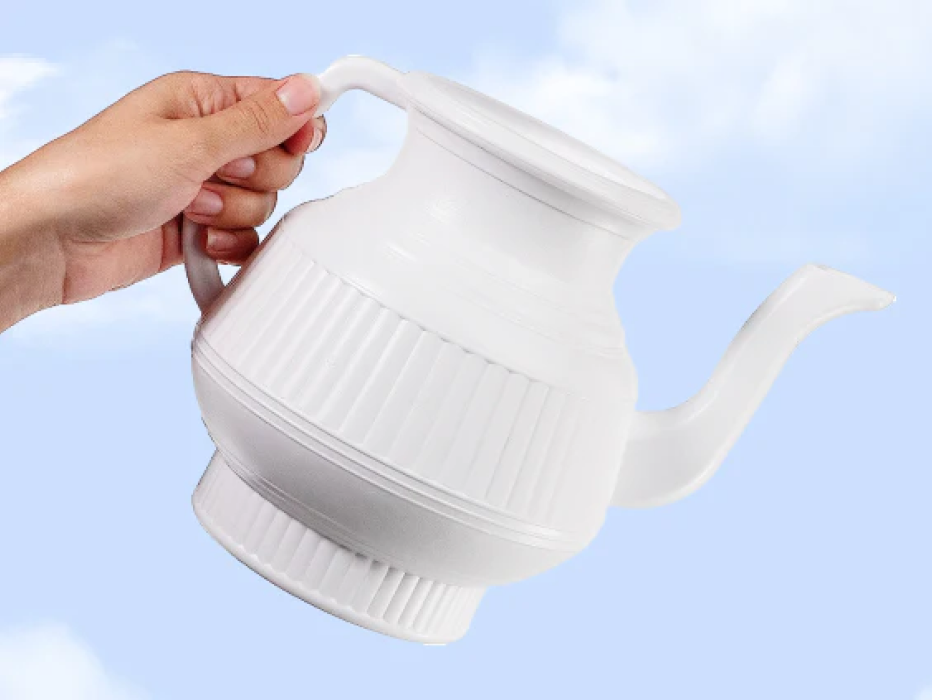
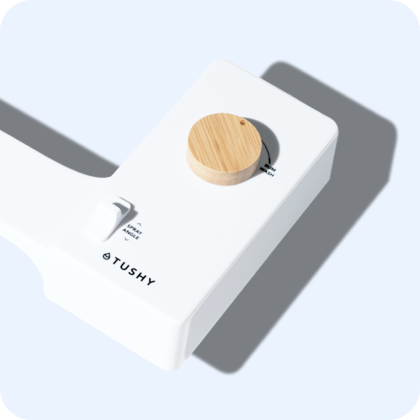
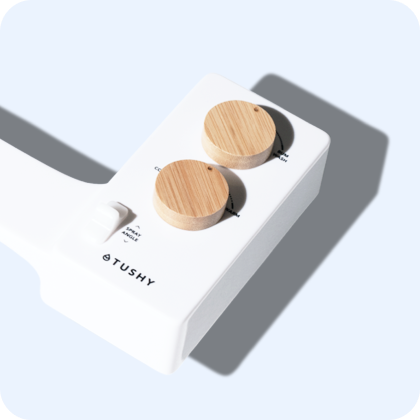
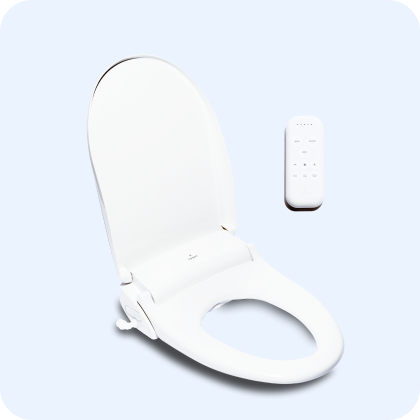

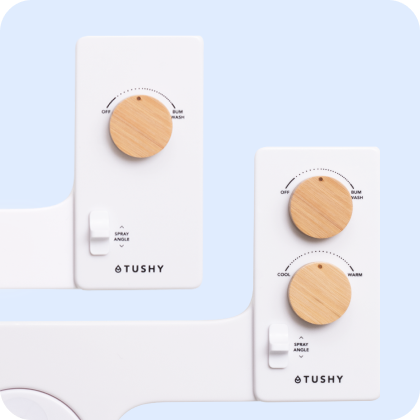
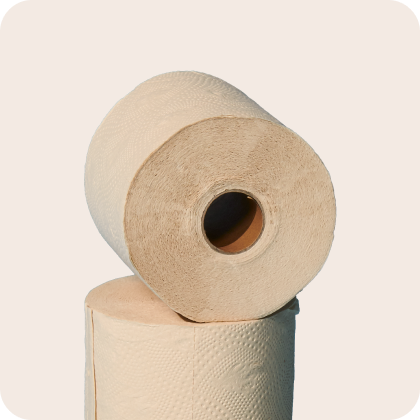
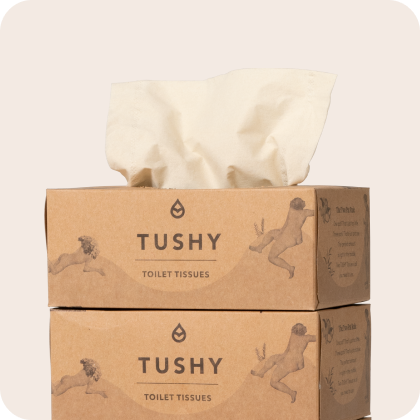
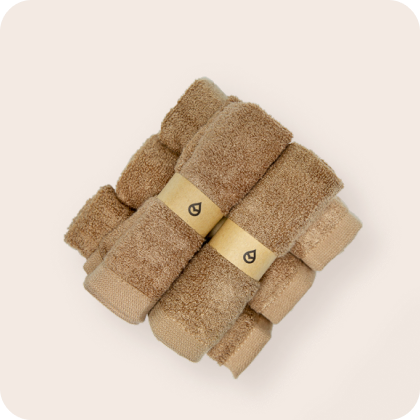
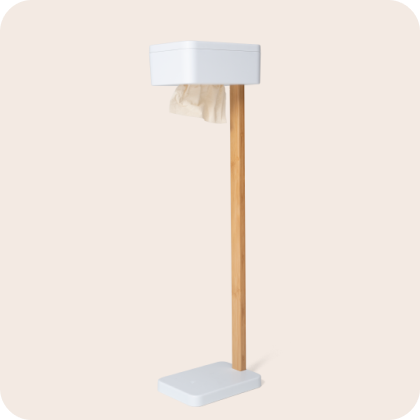
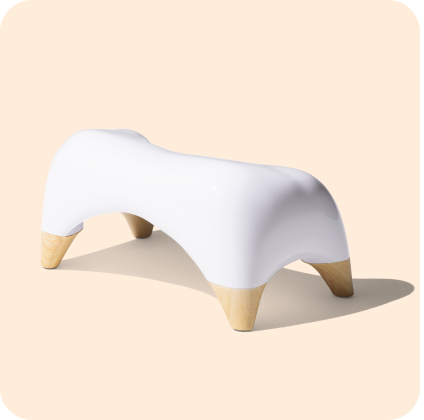
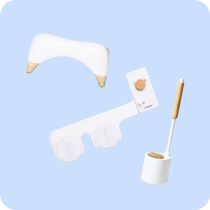


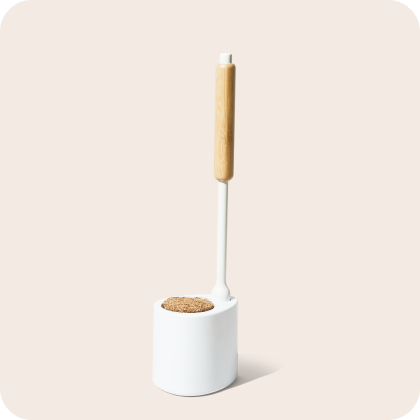
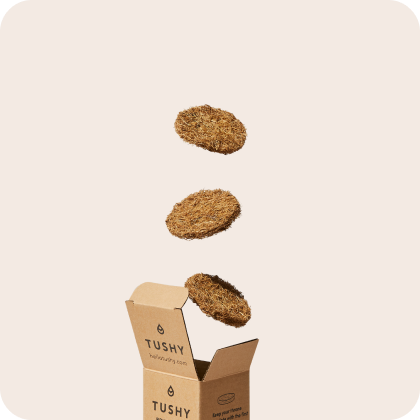
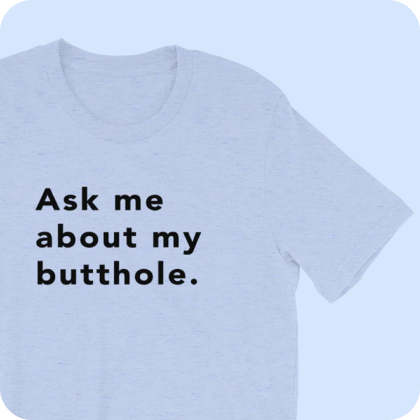

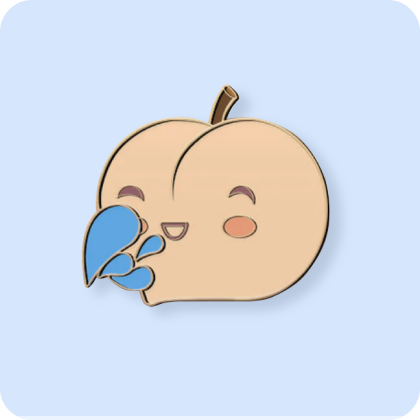
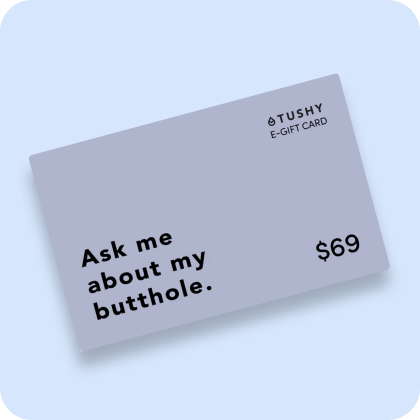

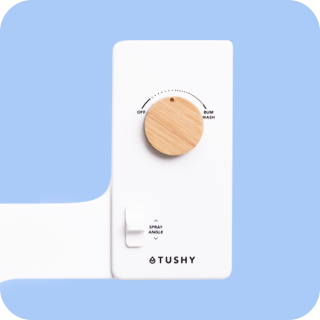 Bidets
Bidets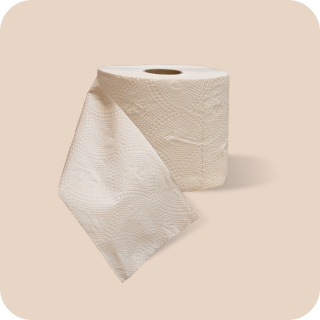 Booty Drying
Booty Drying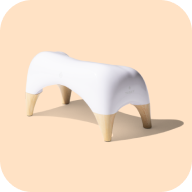 Stools
Stools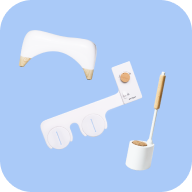 Bundle & Save
Bundle & Save Toilet Cleaning
Toilet Cleaning Merch
Merch
 Chat with us
Chat with us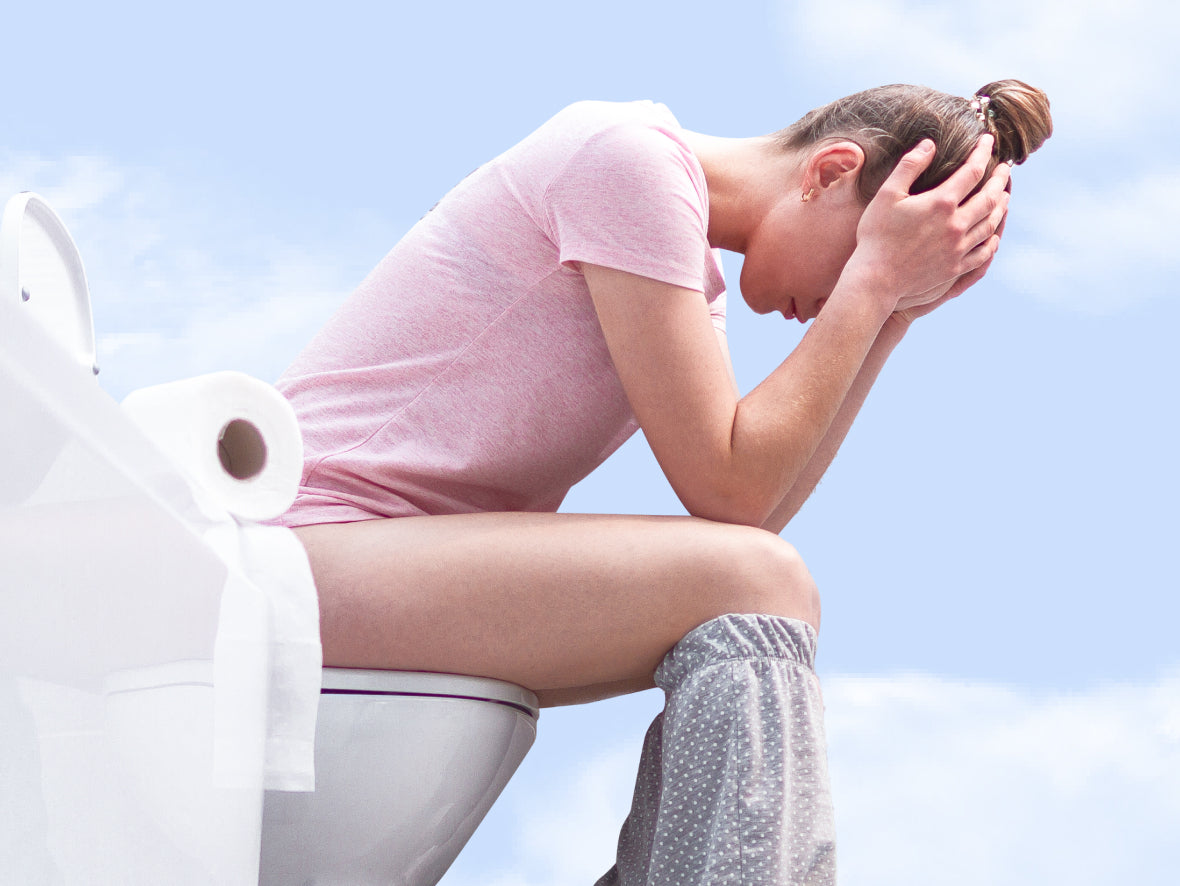
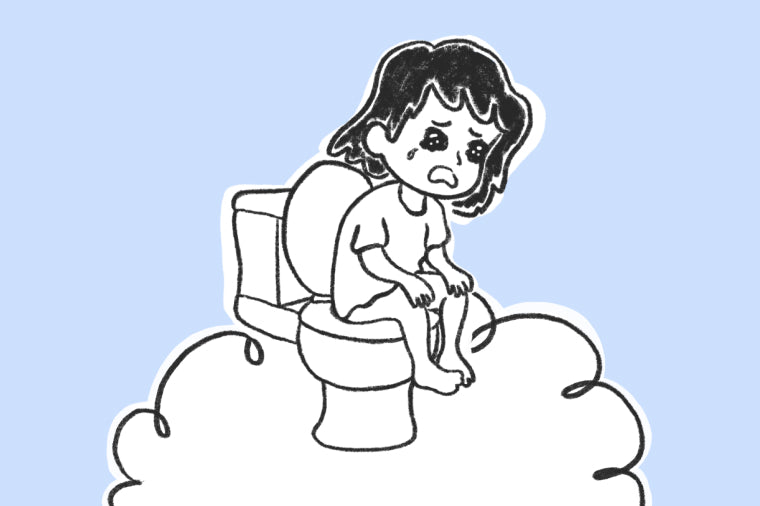
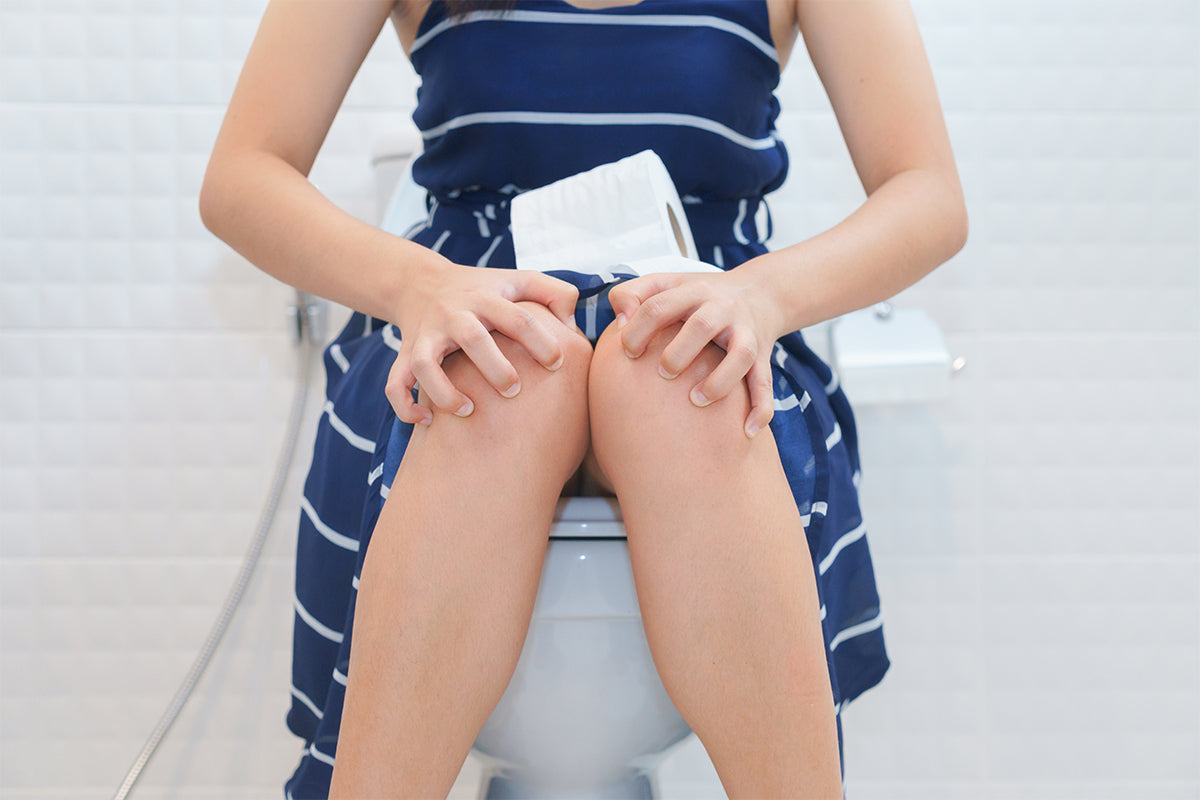
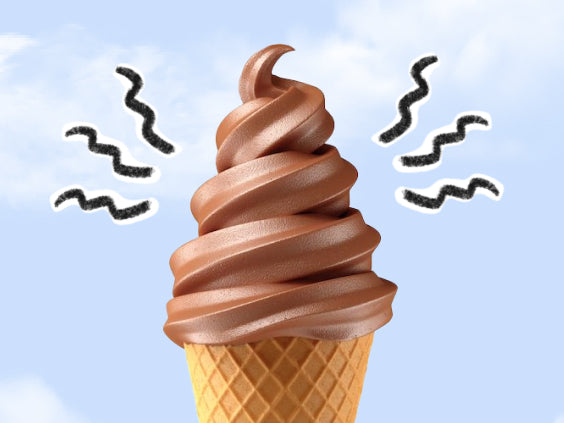


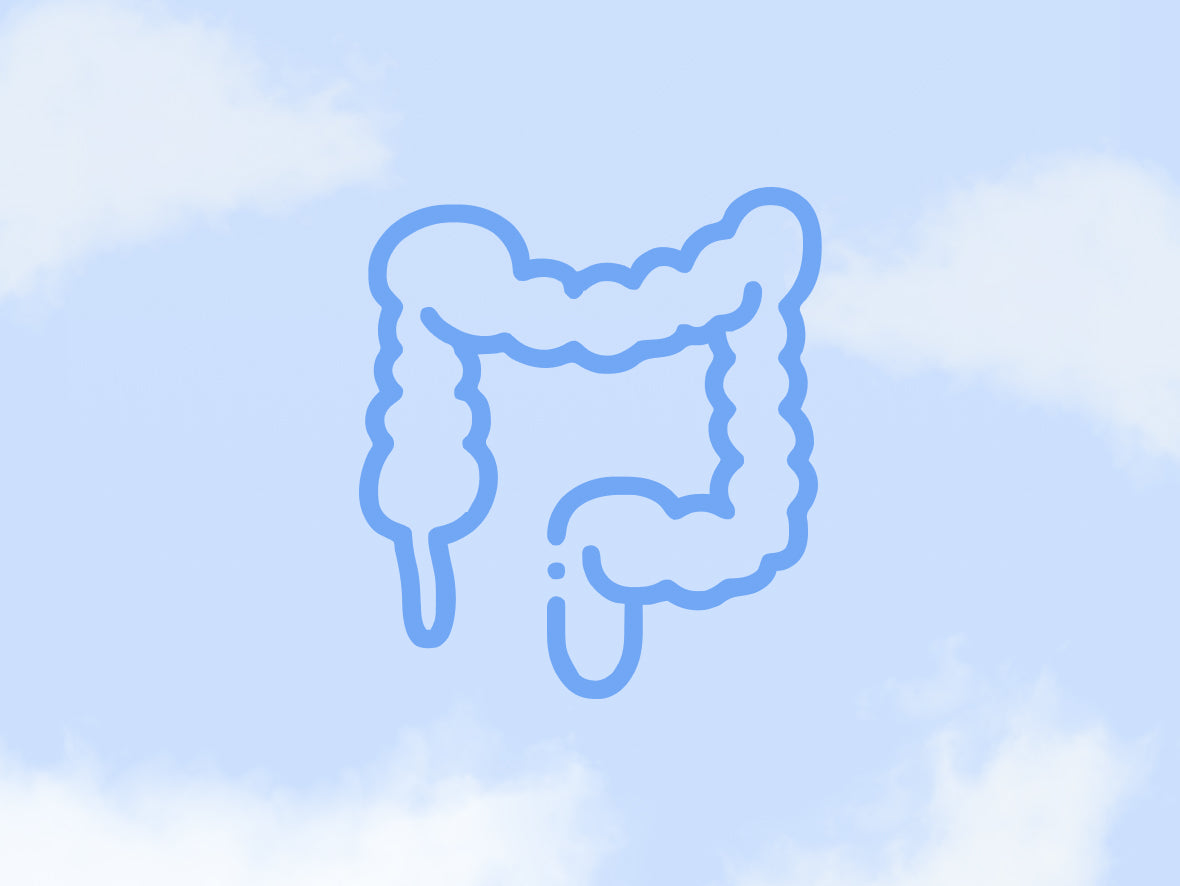
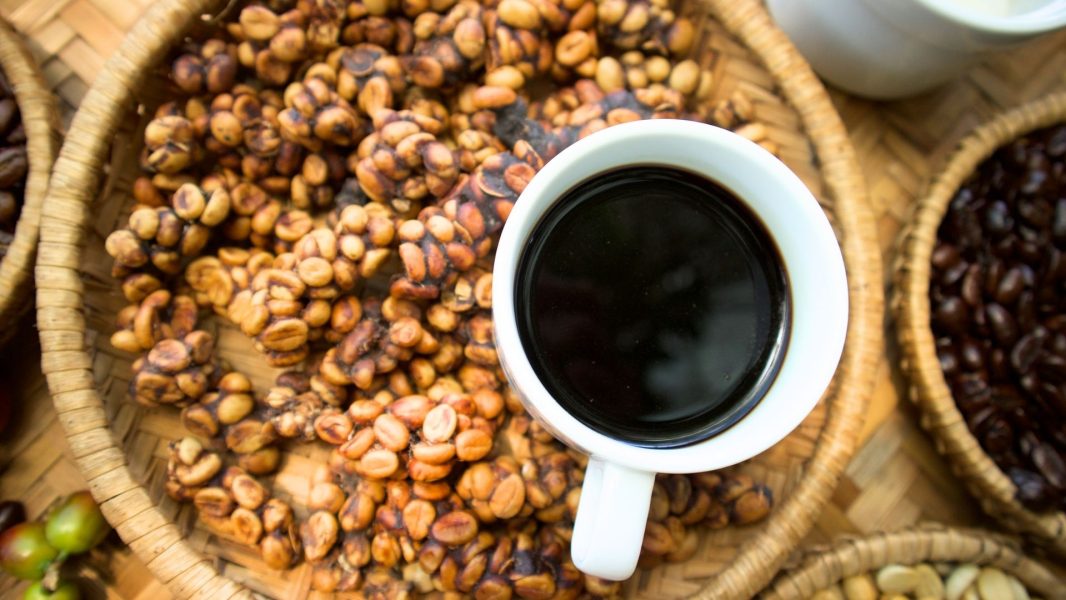
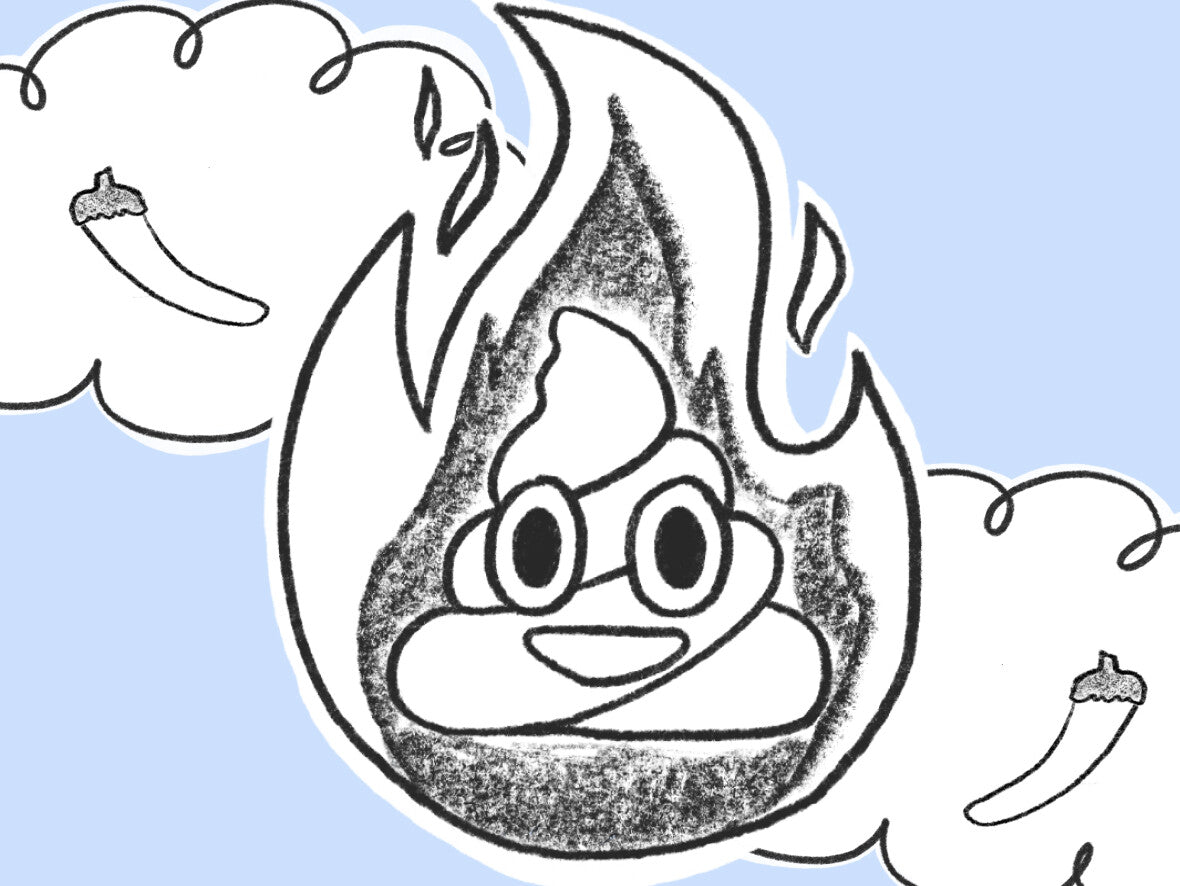
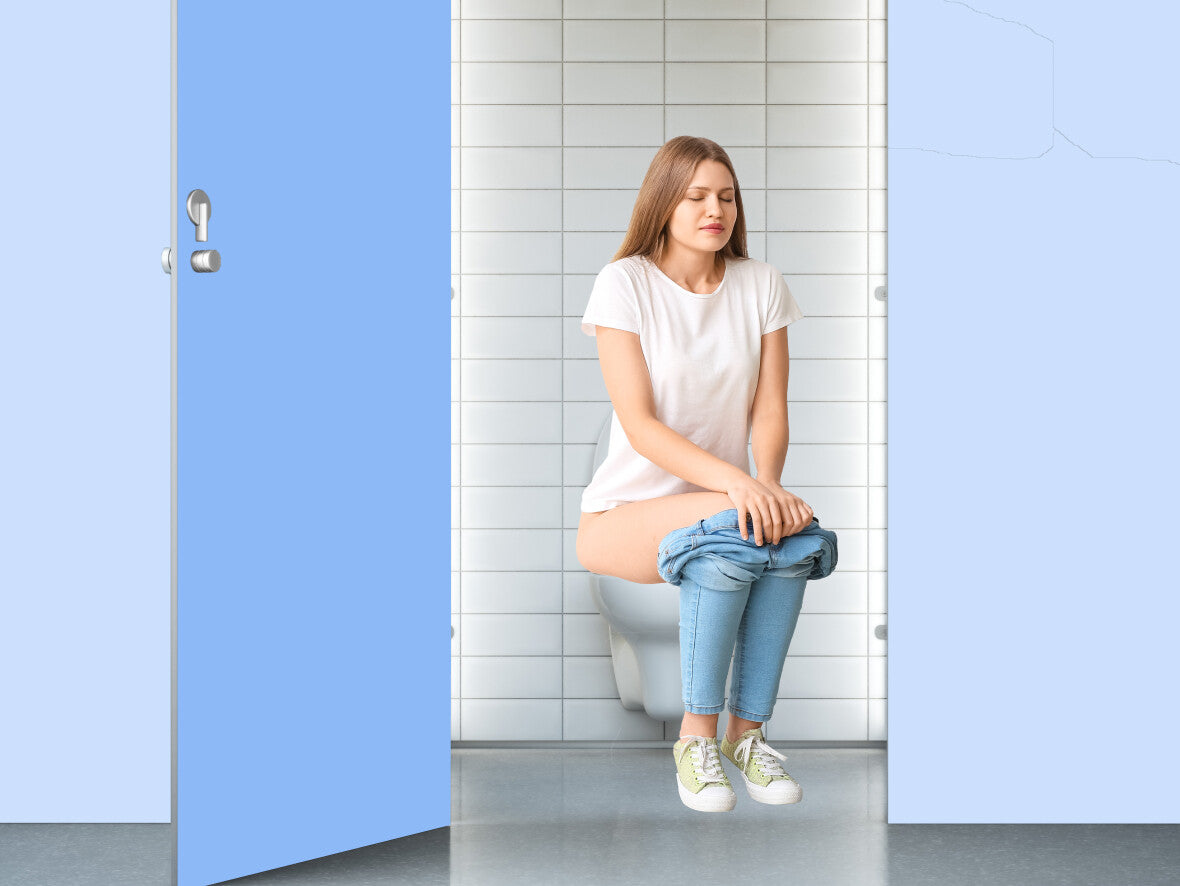
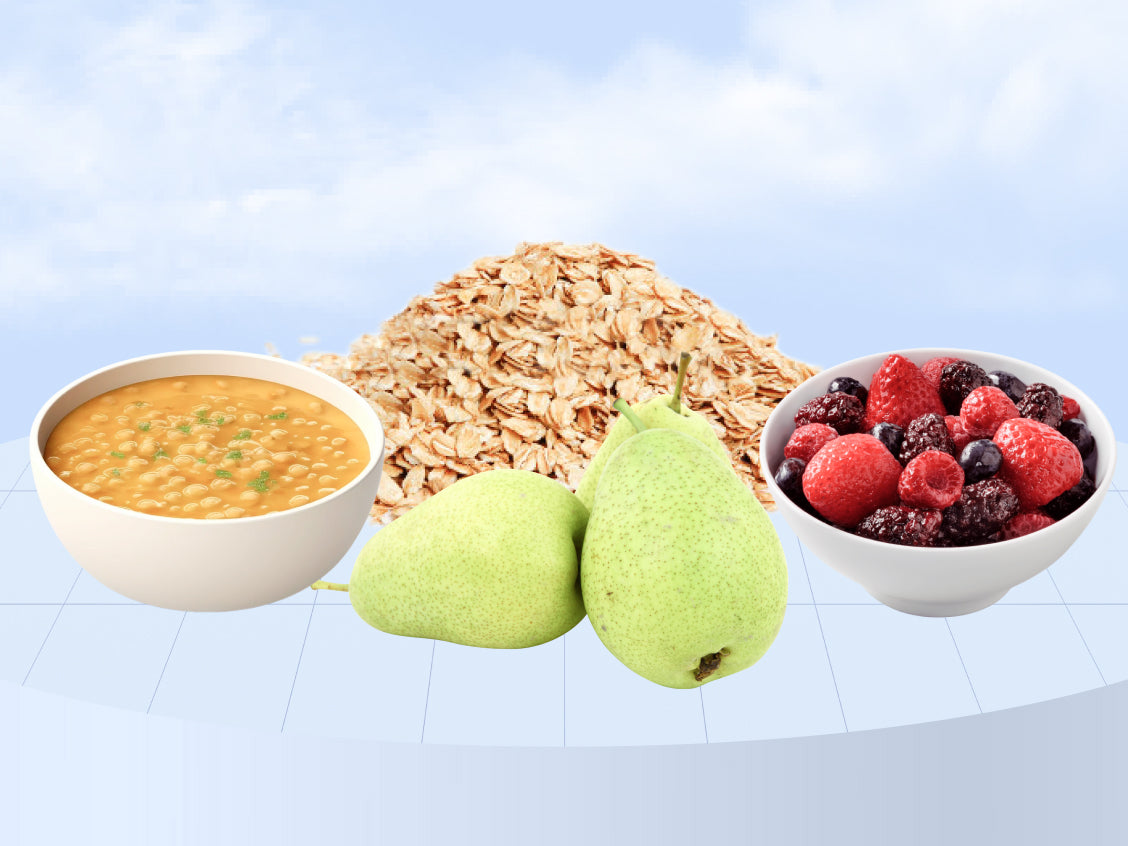
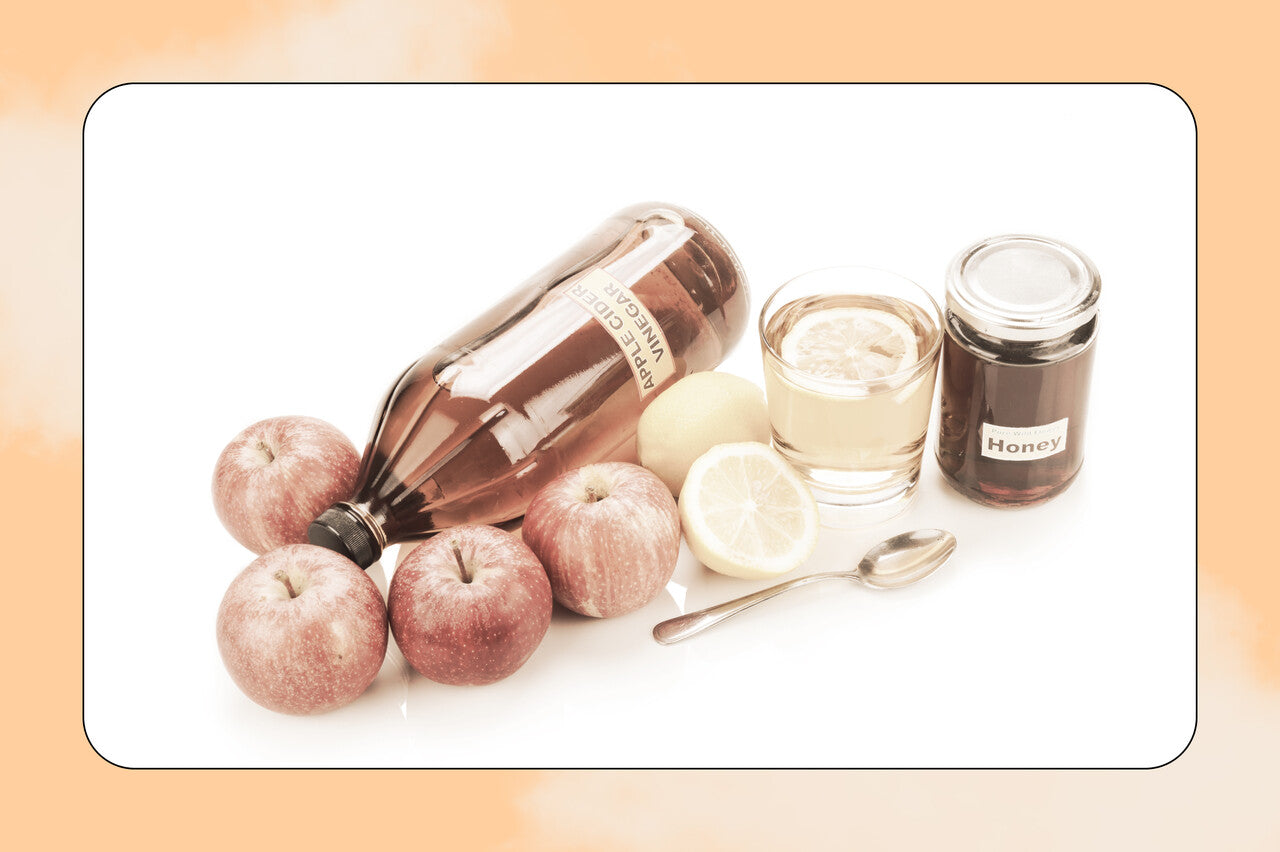


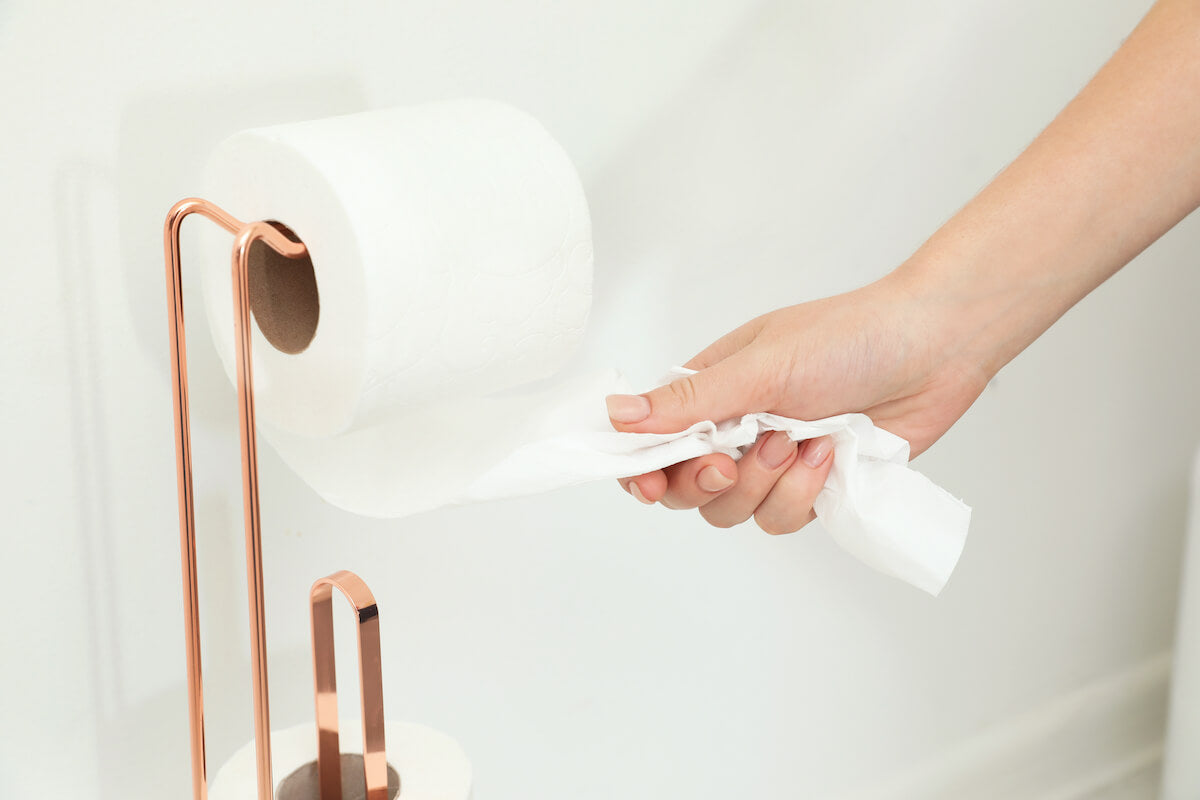

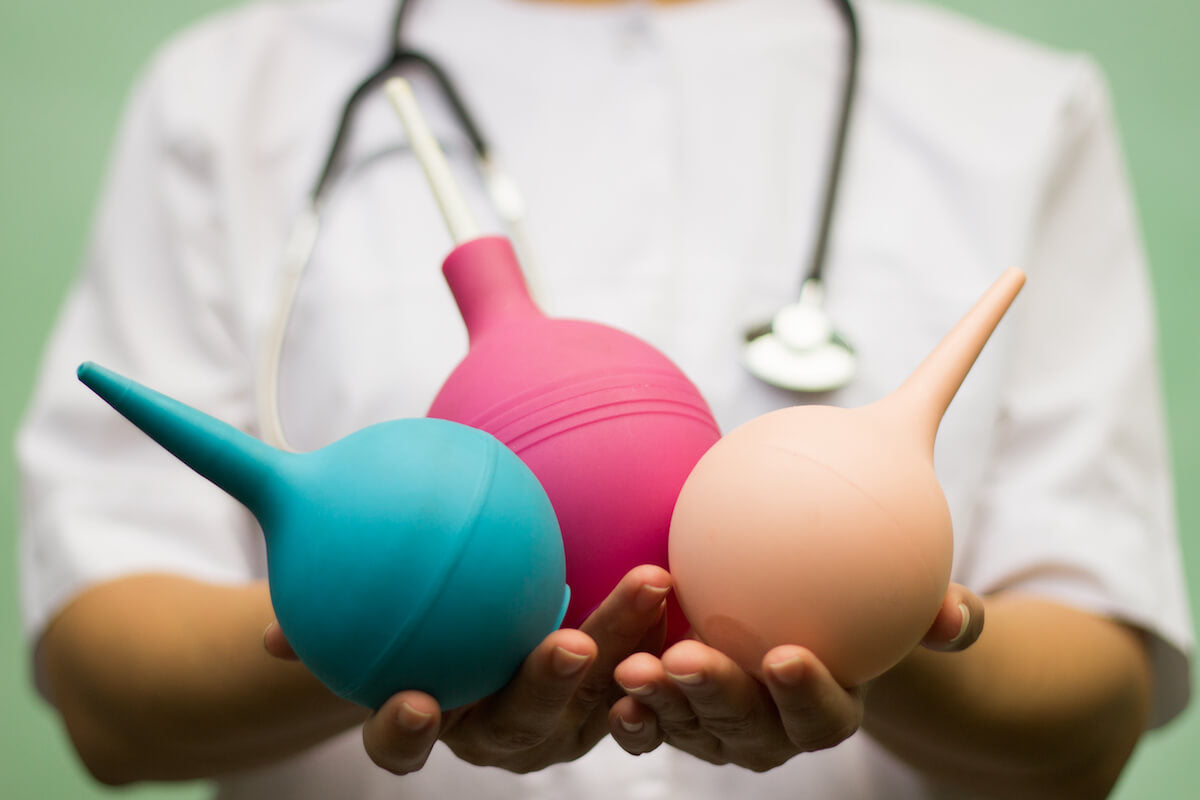
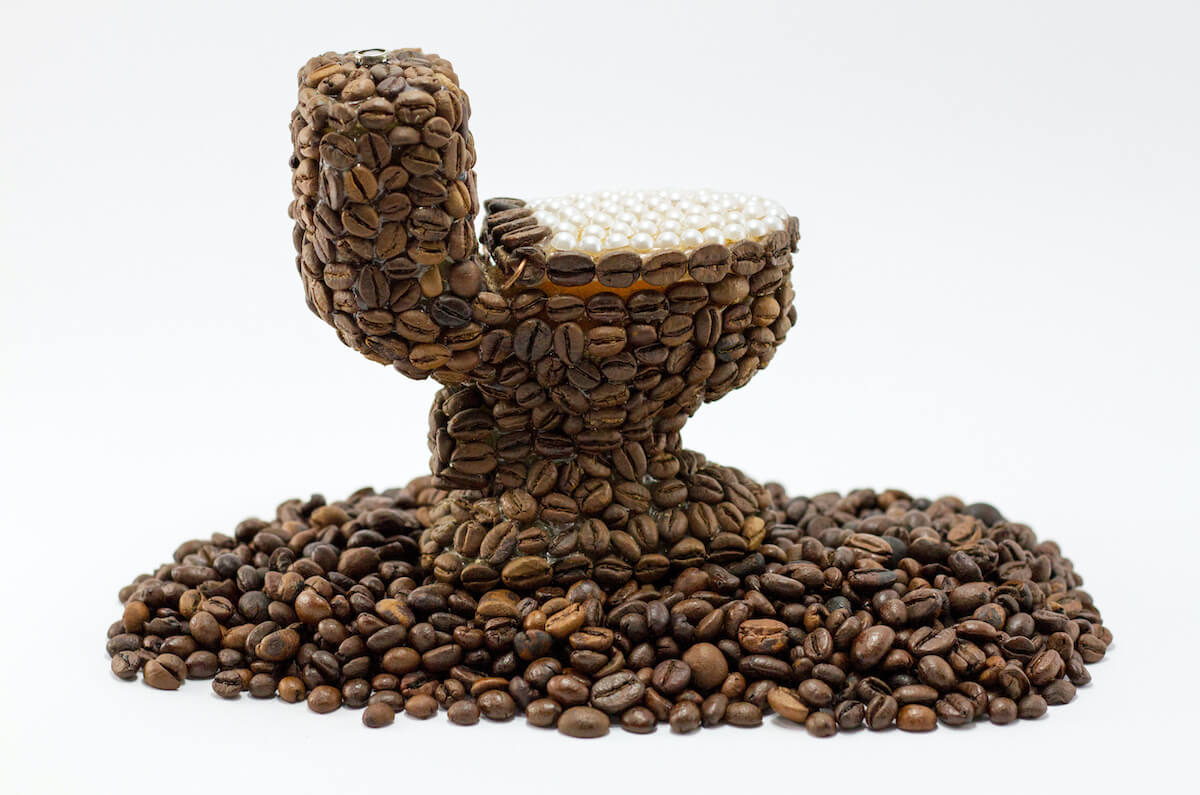
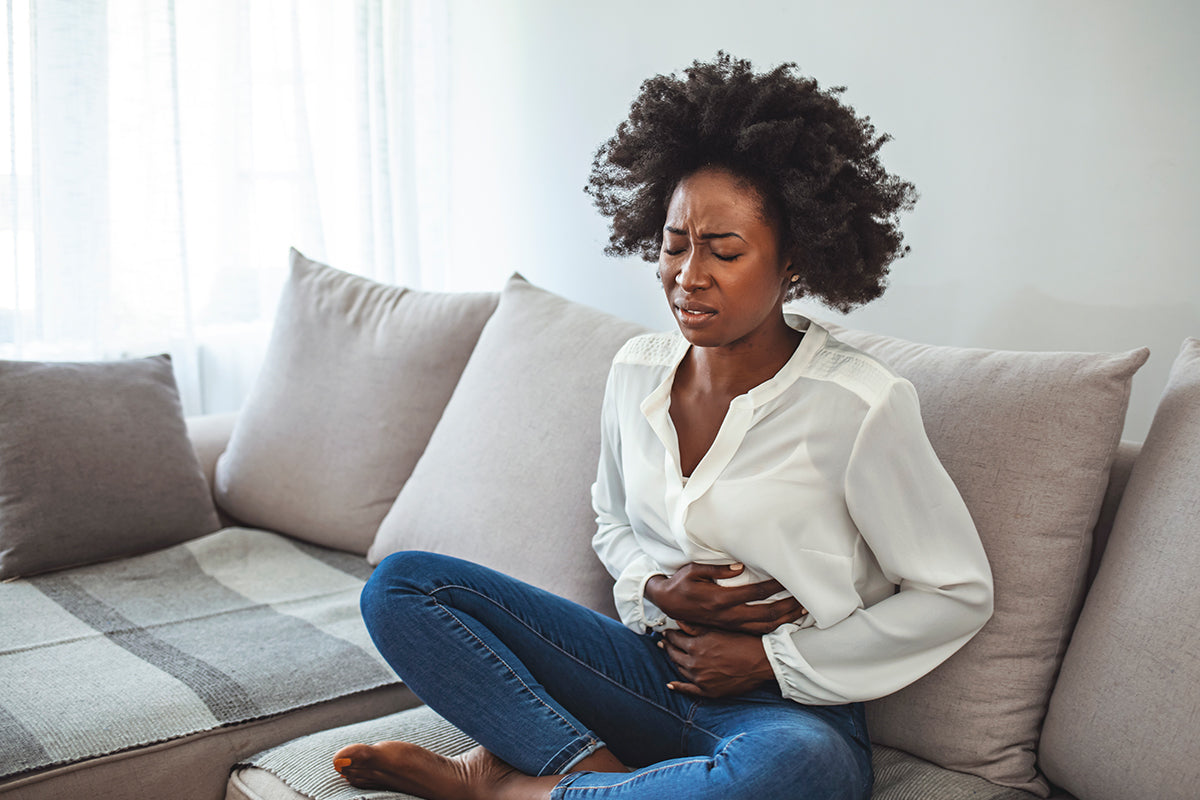
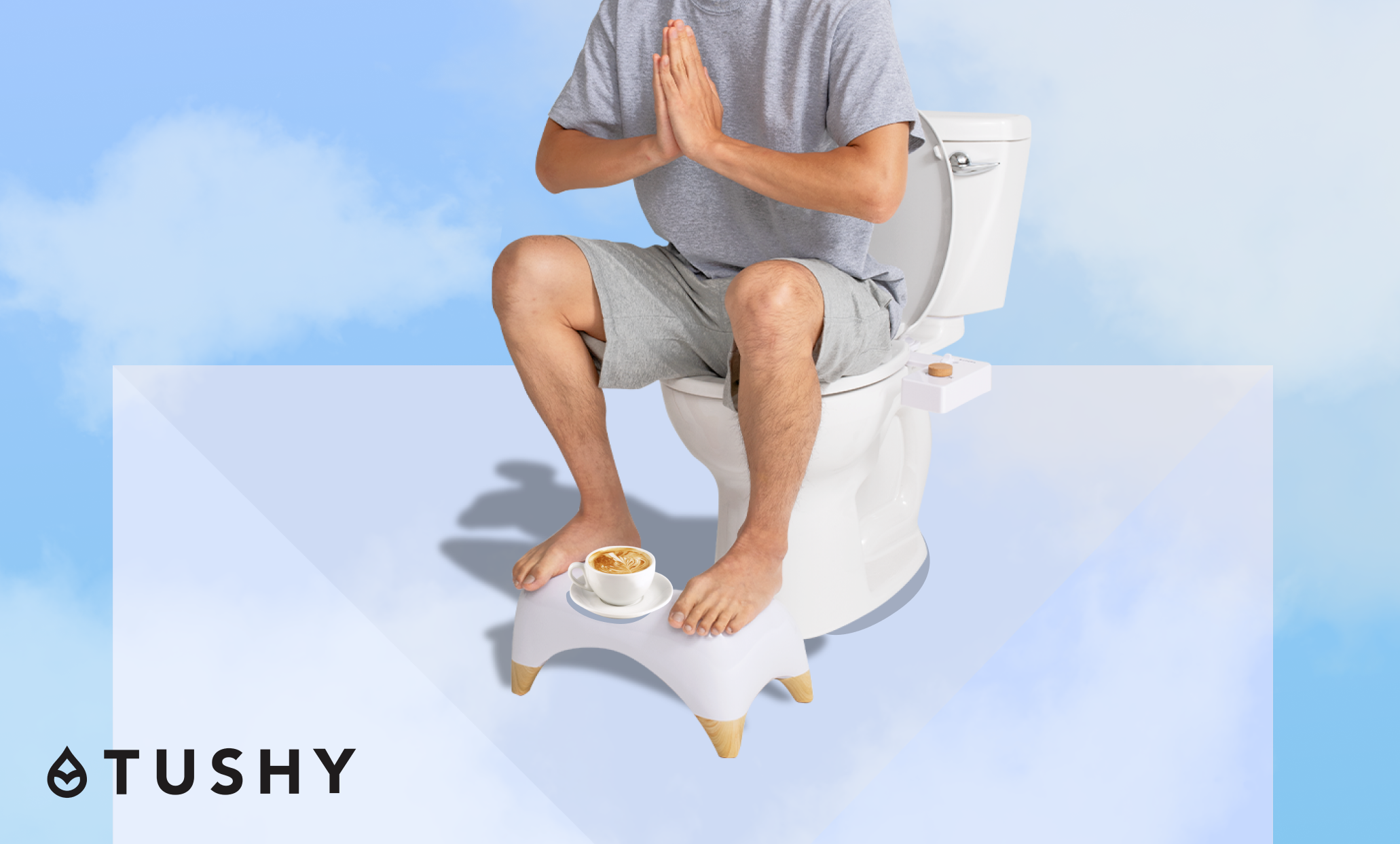
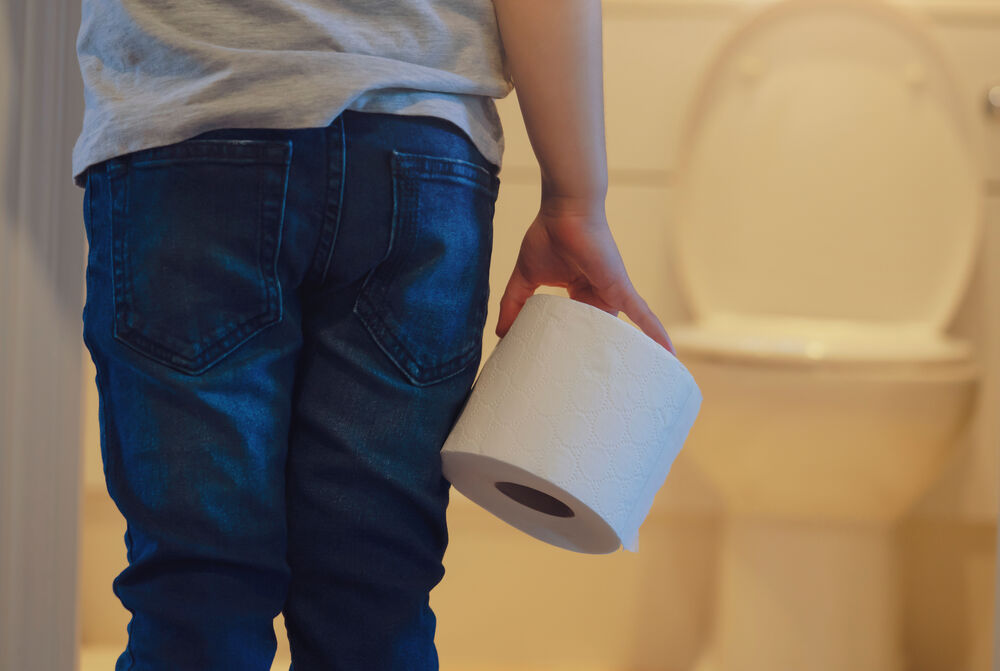

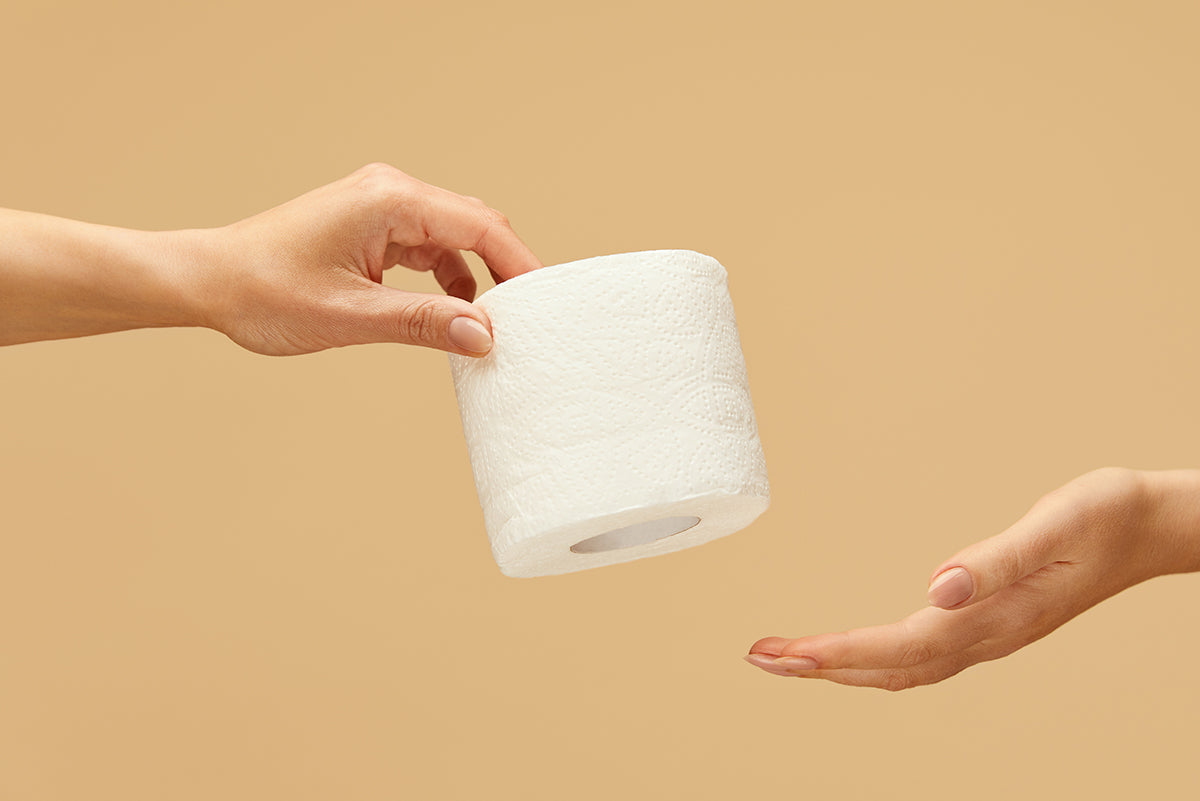
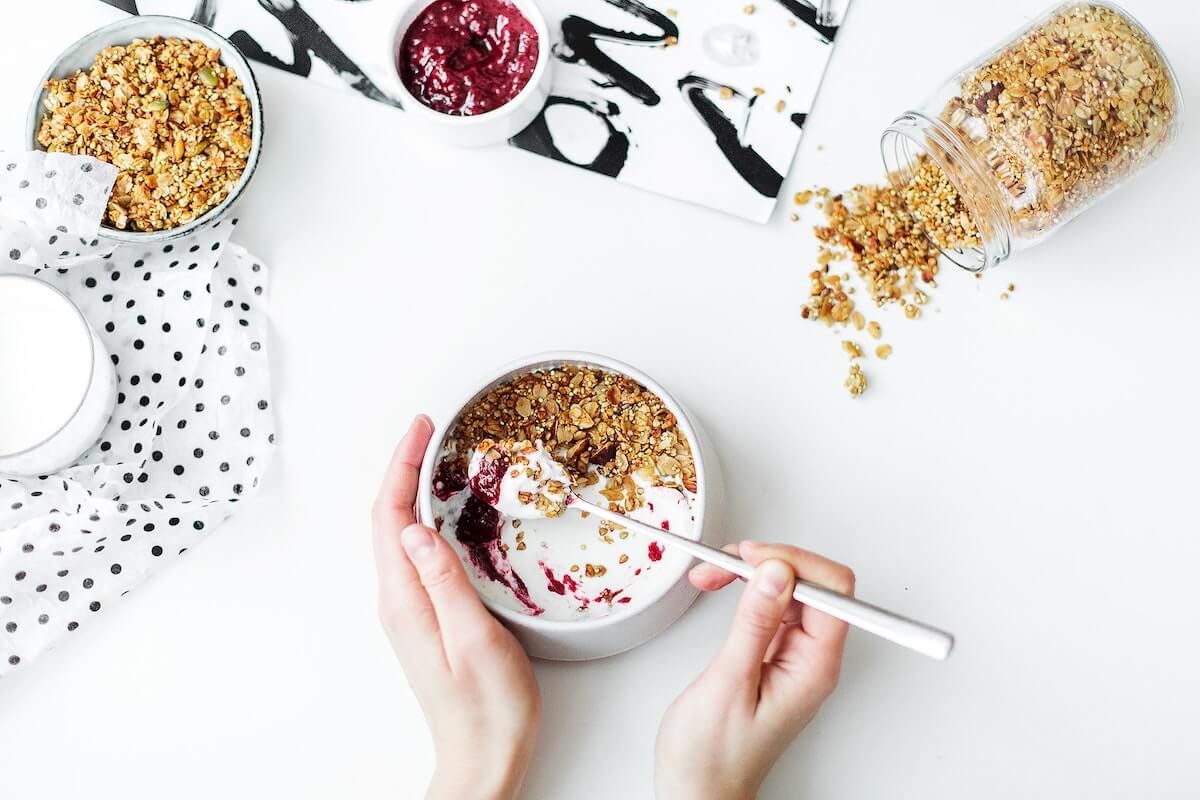
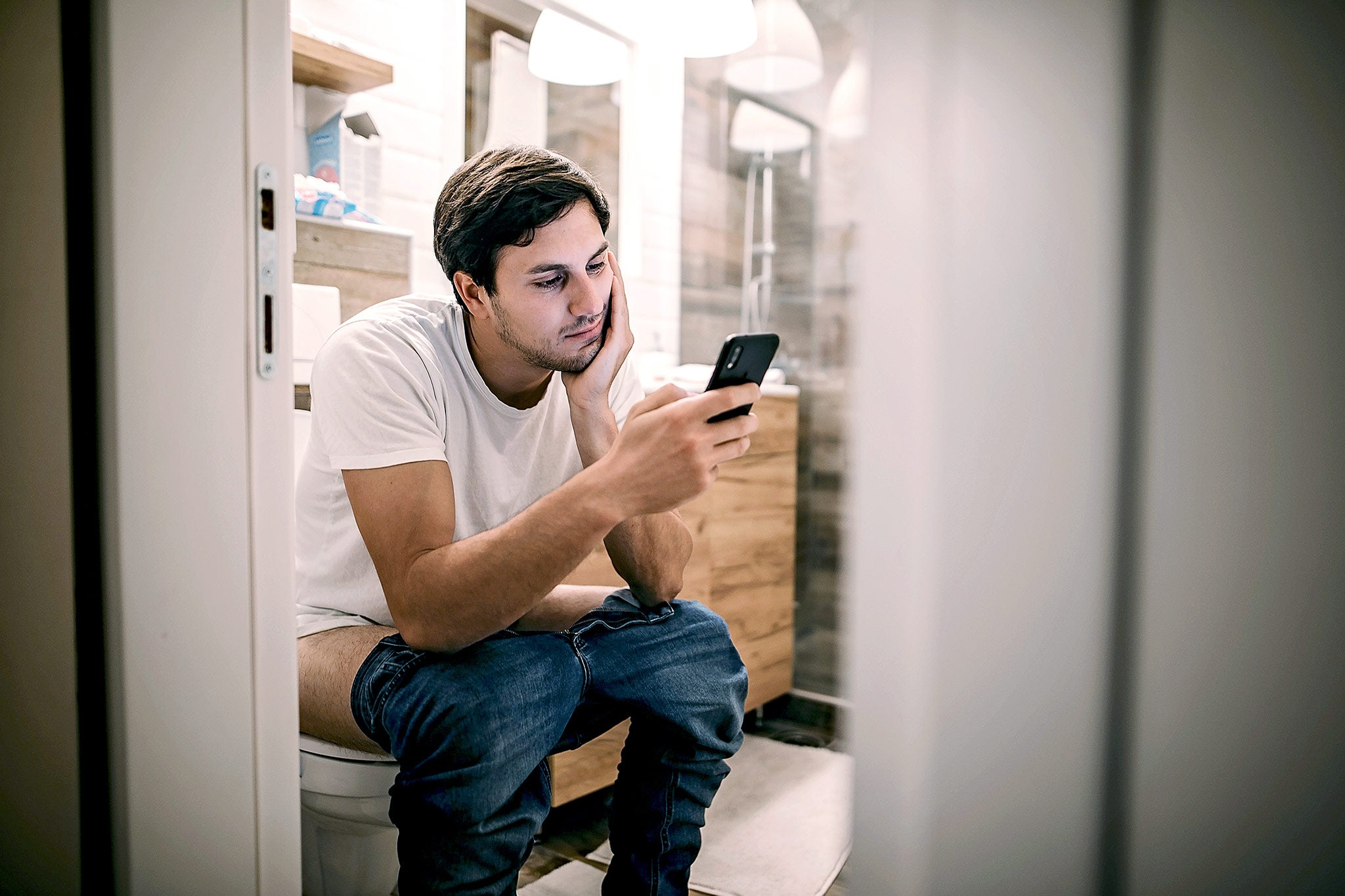
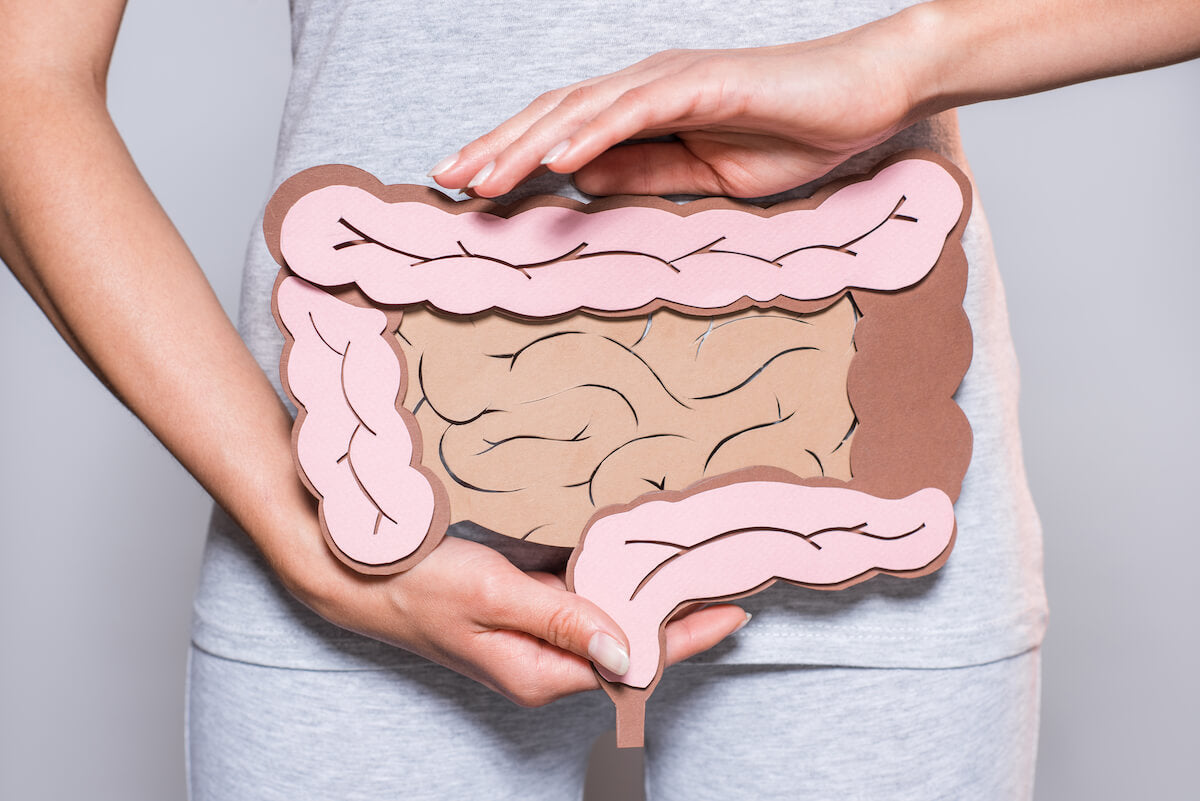
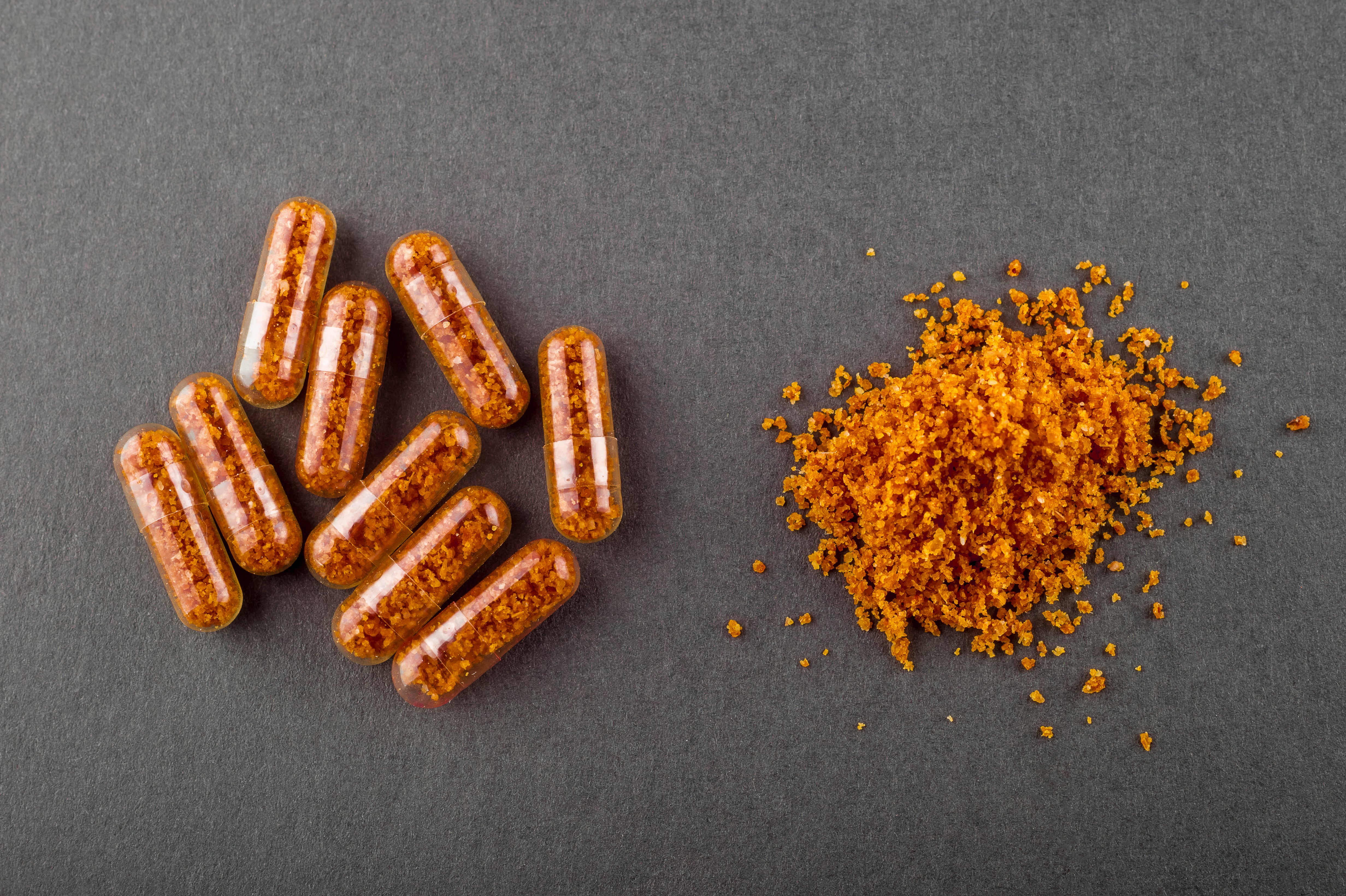

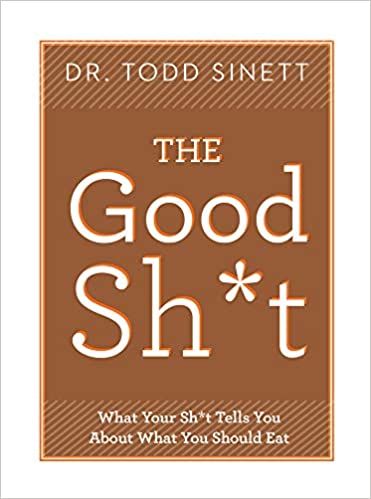
![[Survey] How Long Should You Date Before You Defecate?](http://hellotushy.com/cdn/shop/articles/how-long-should-you-date-before-you-defecate-hero.jpg?v=1611359305)
